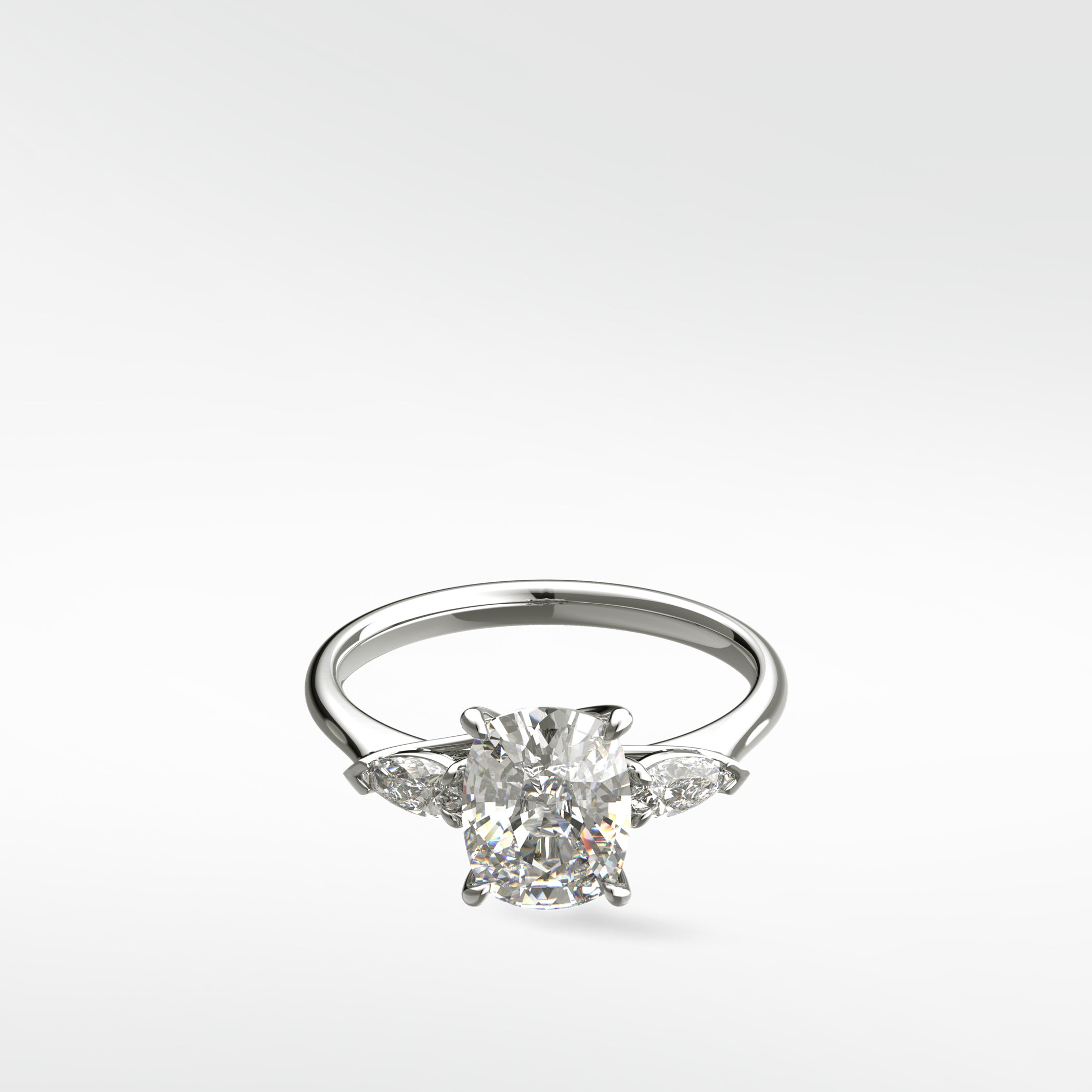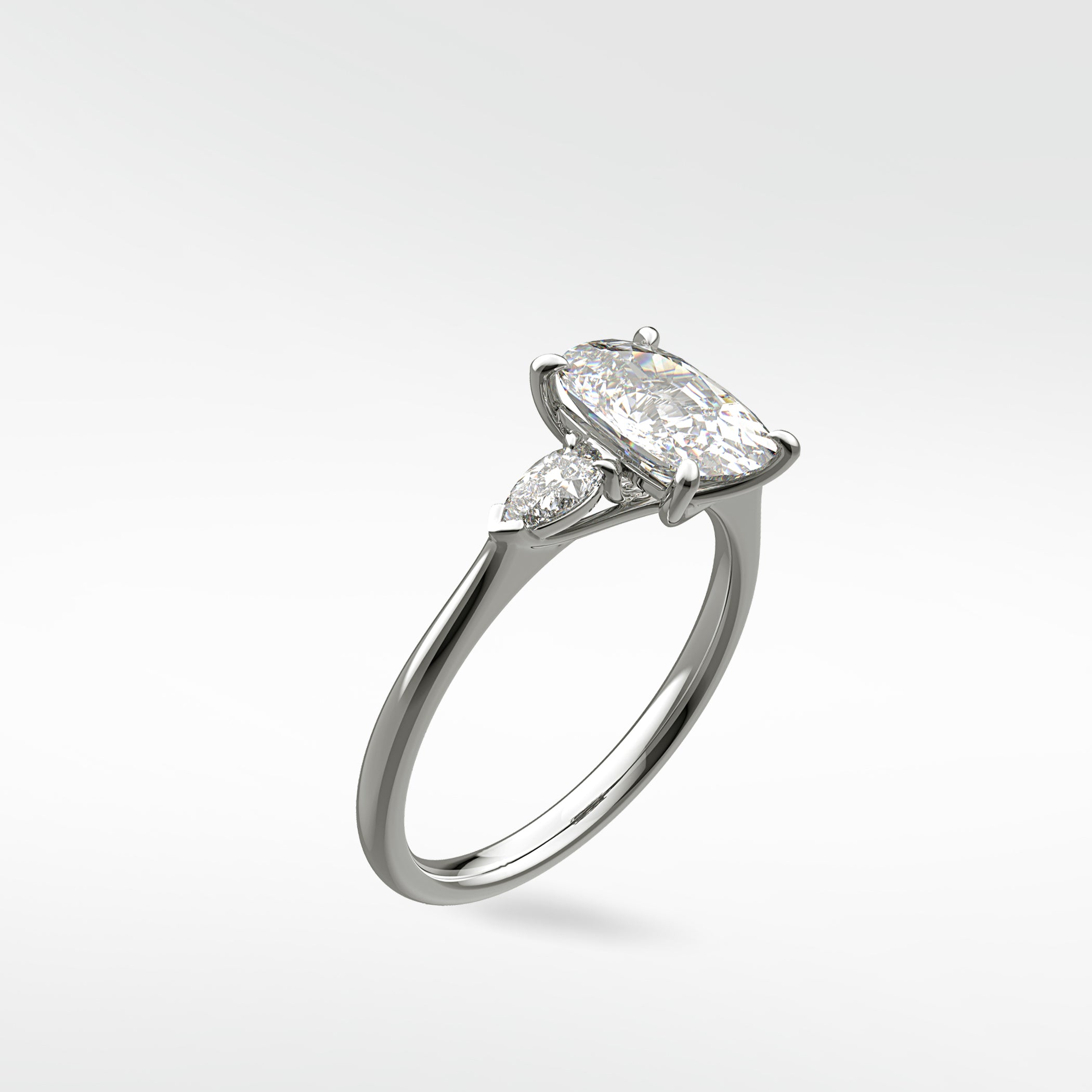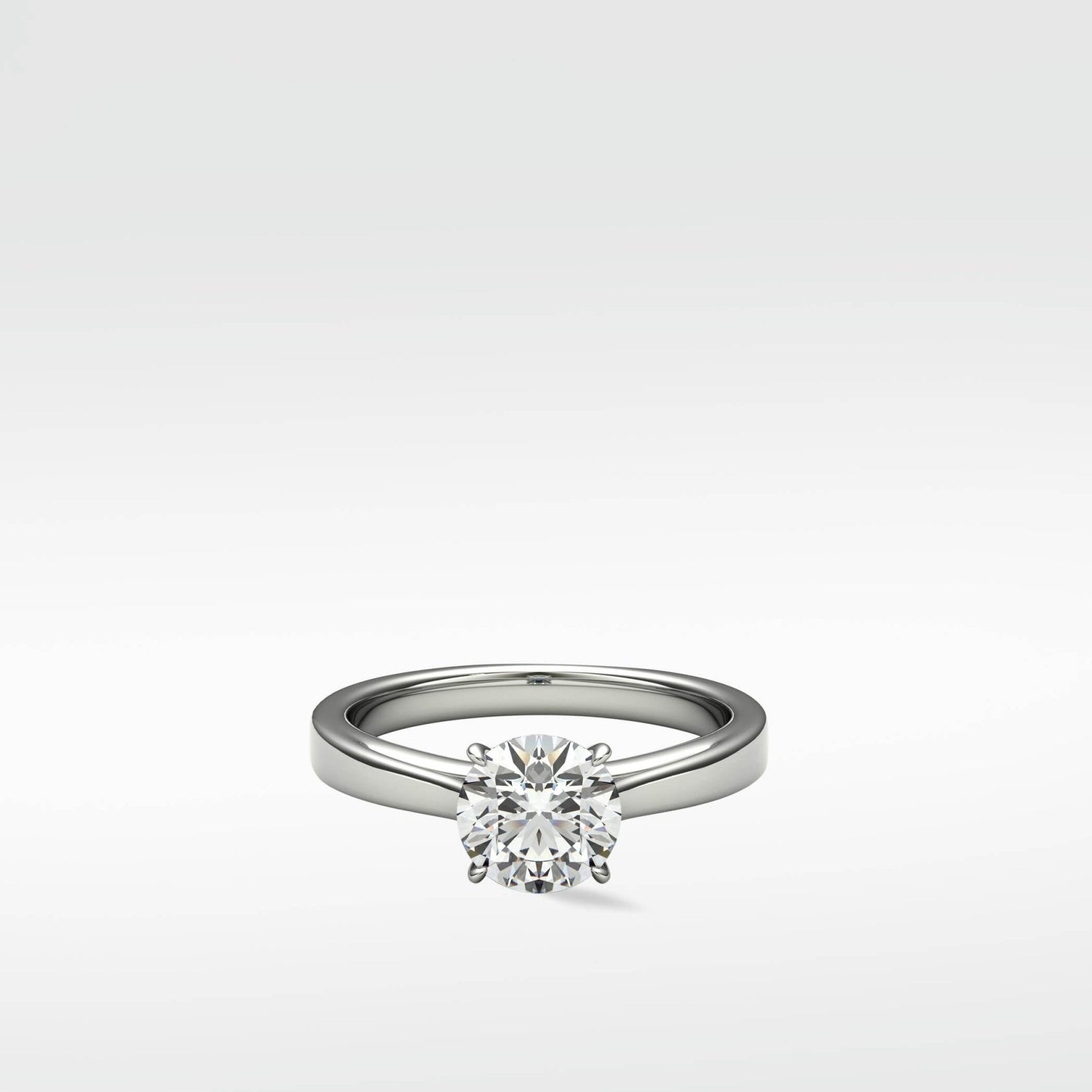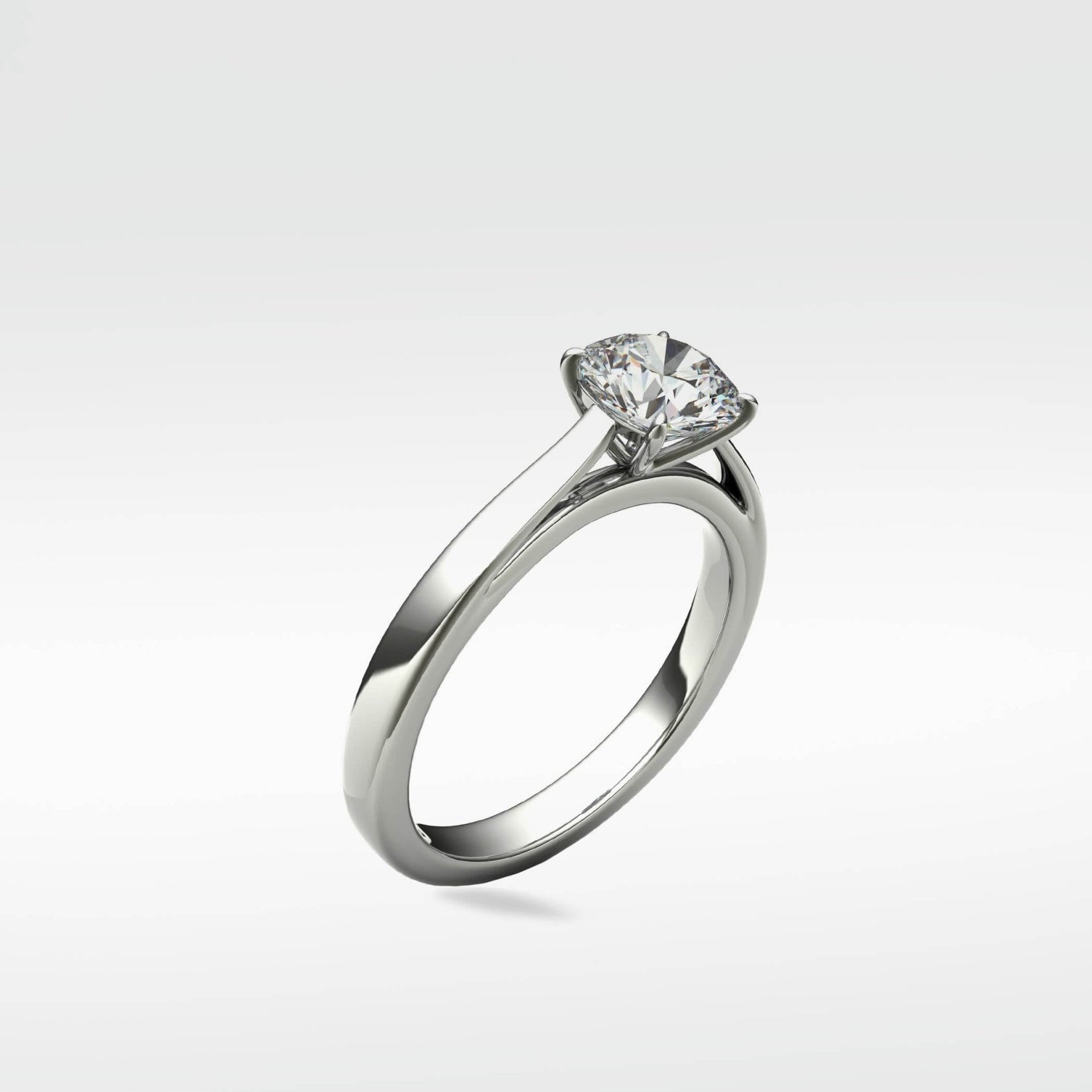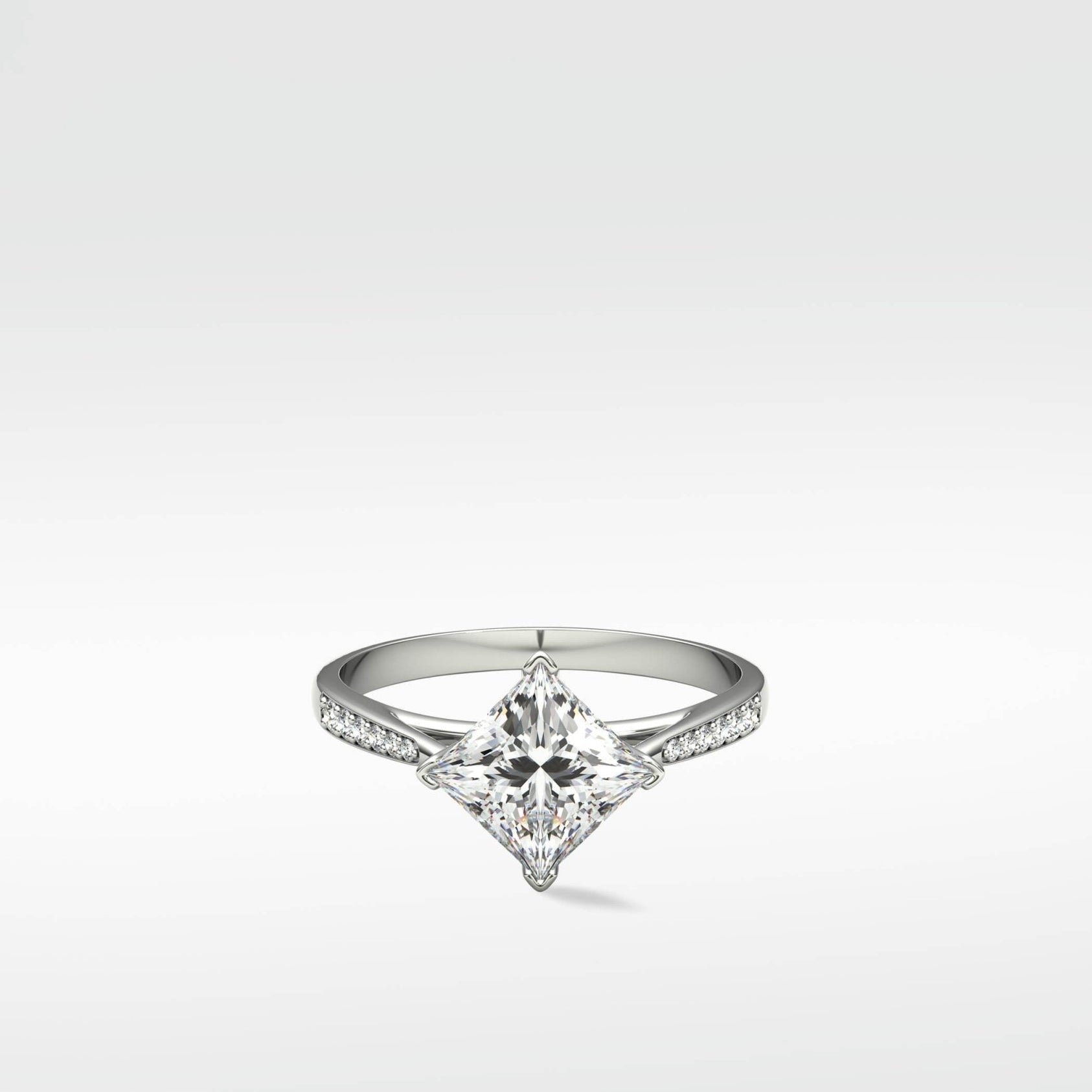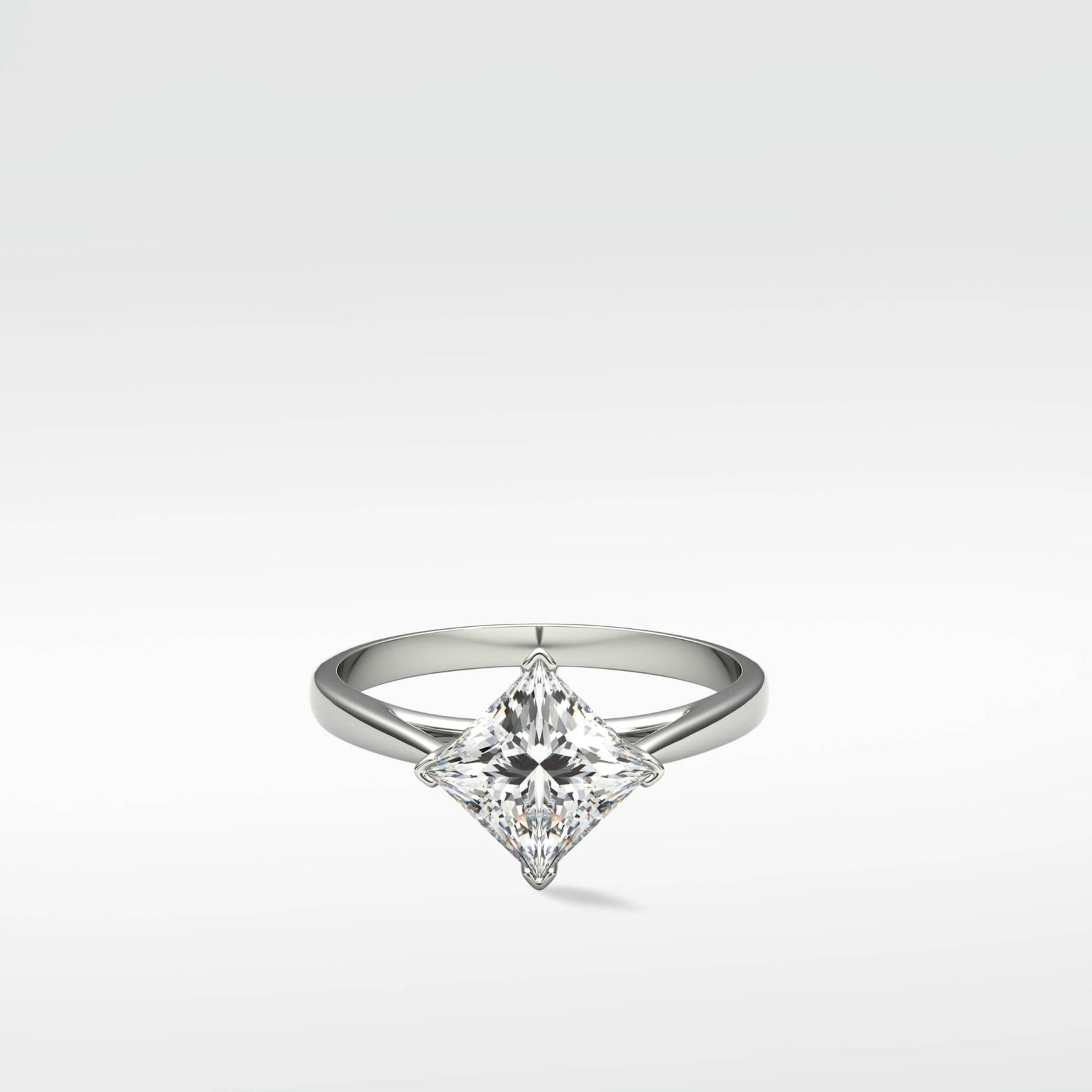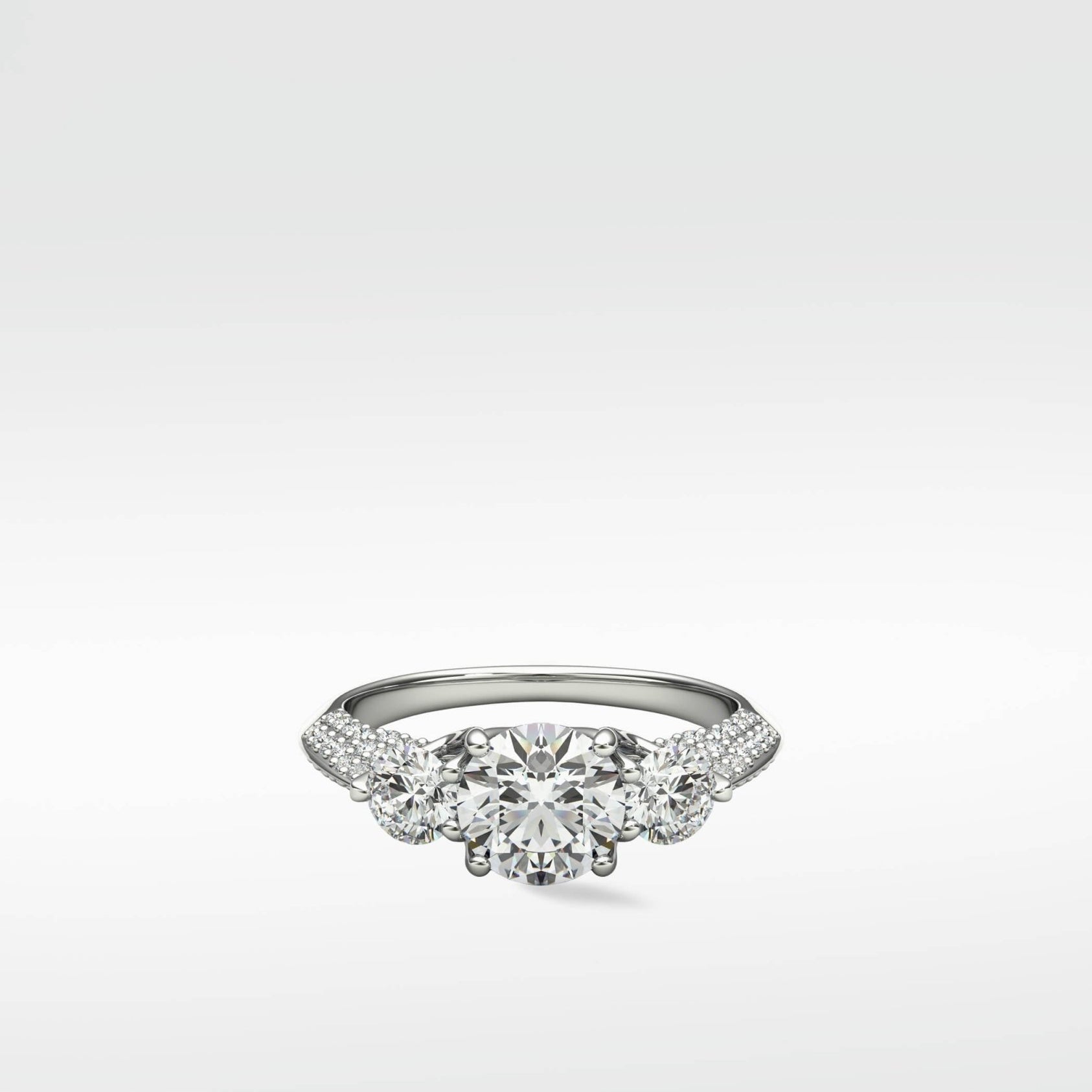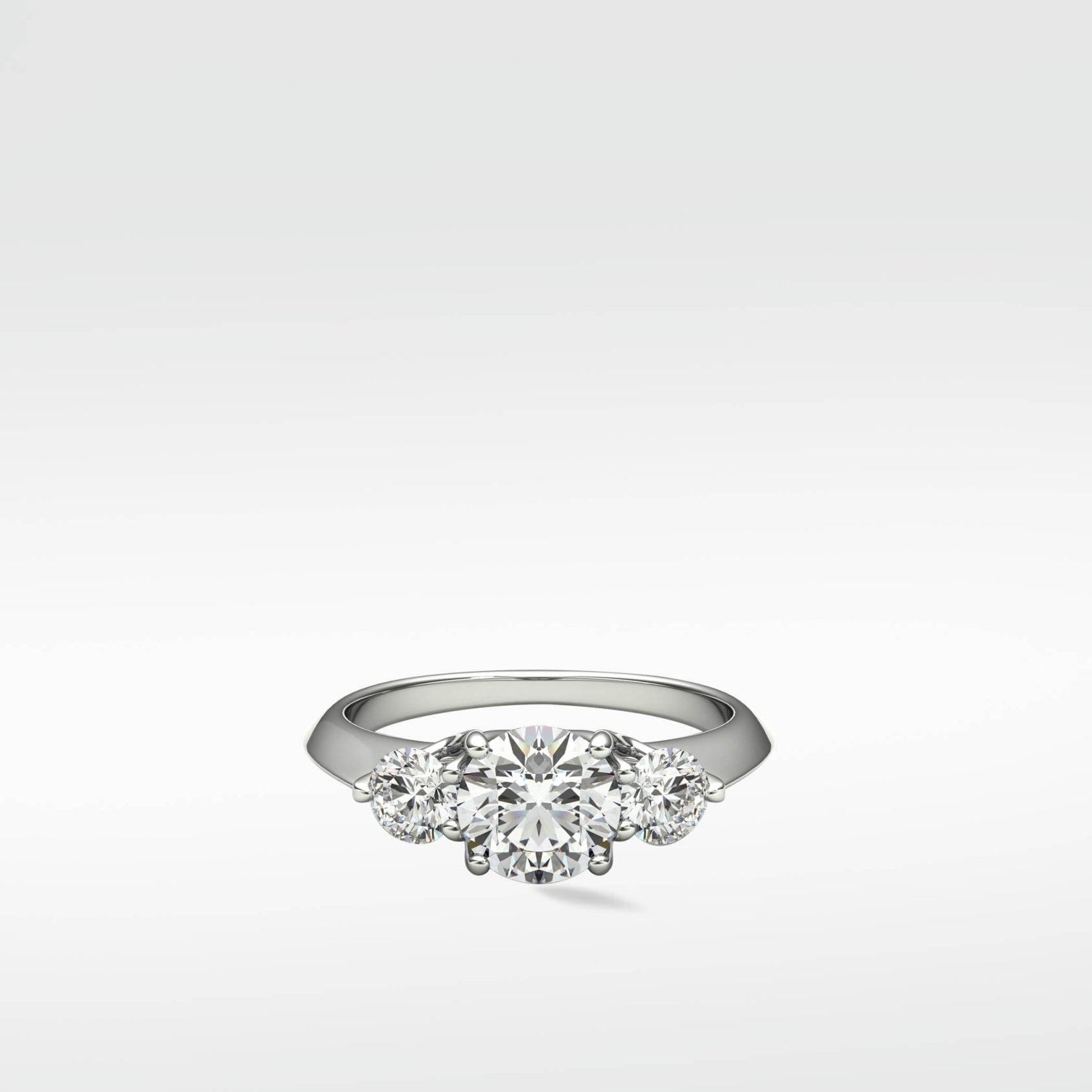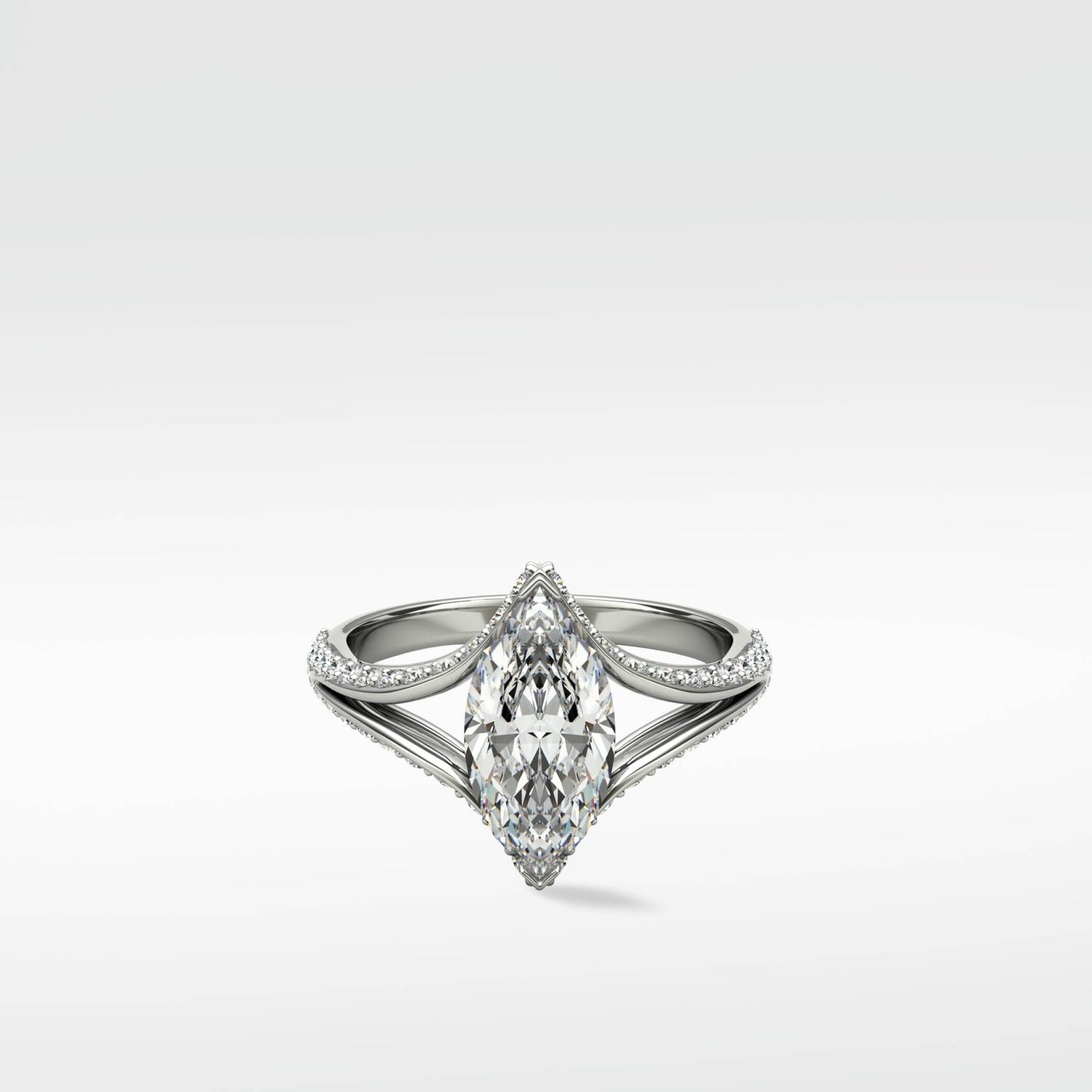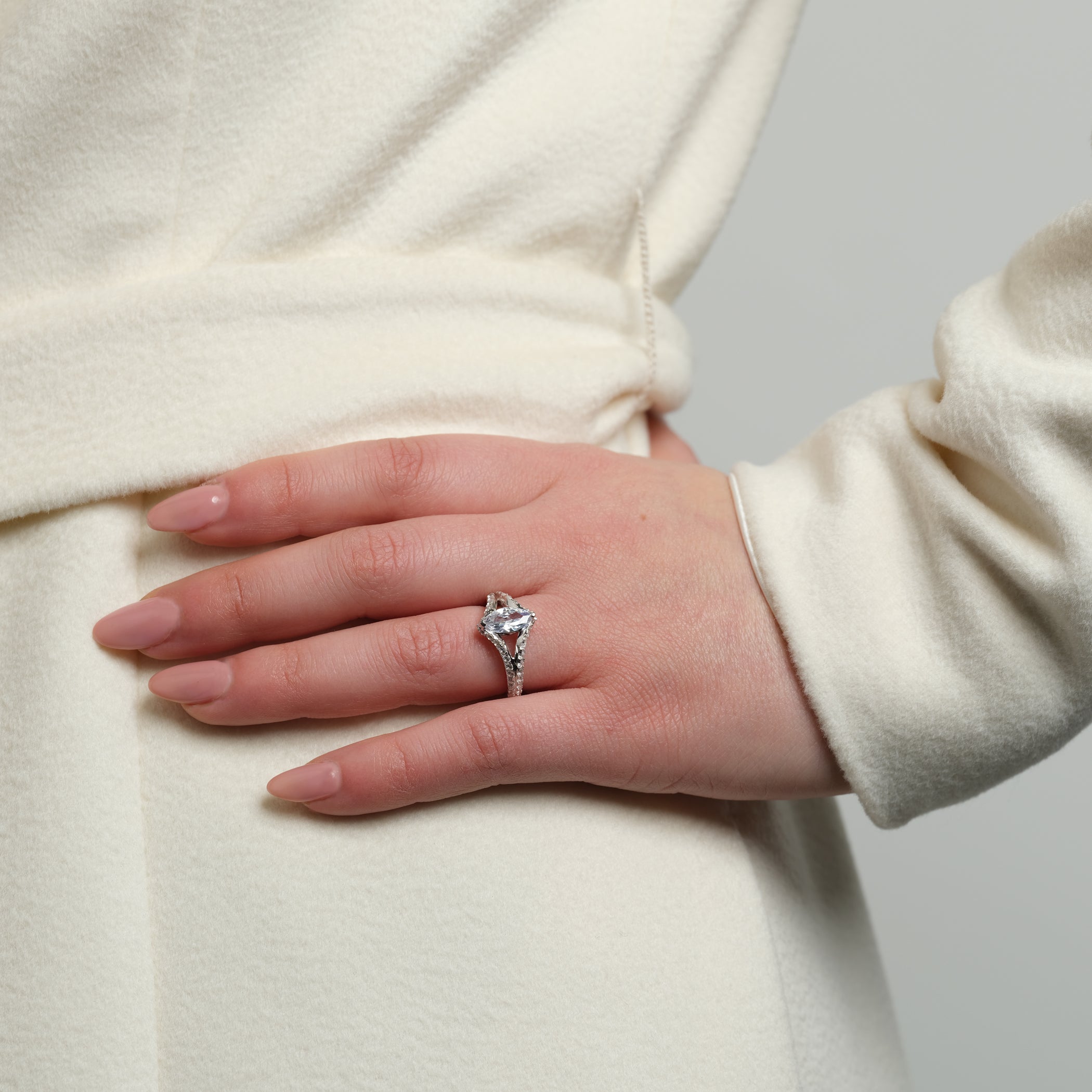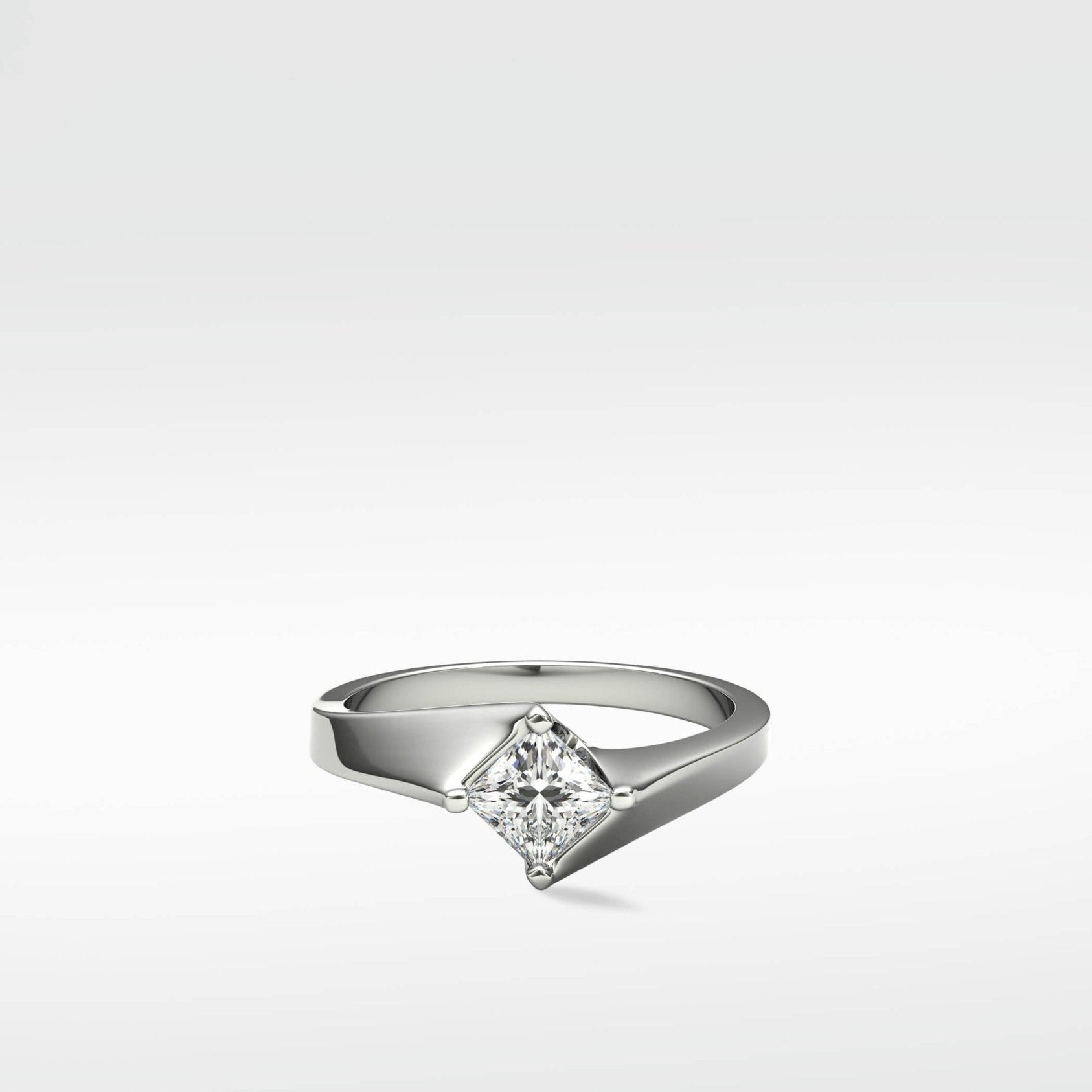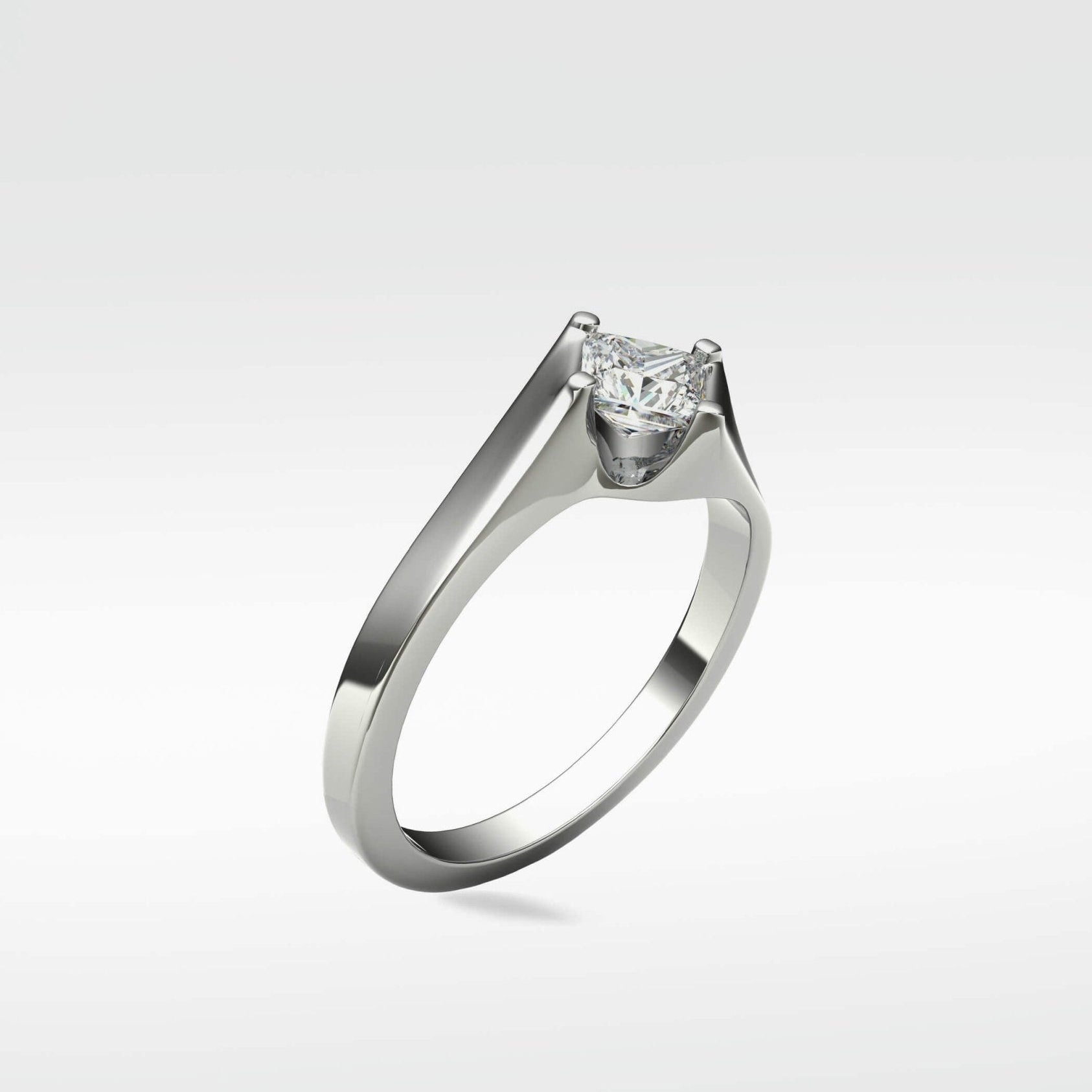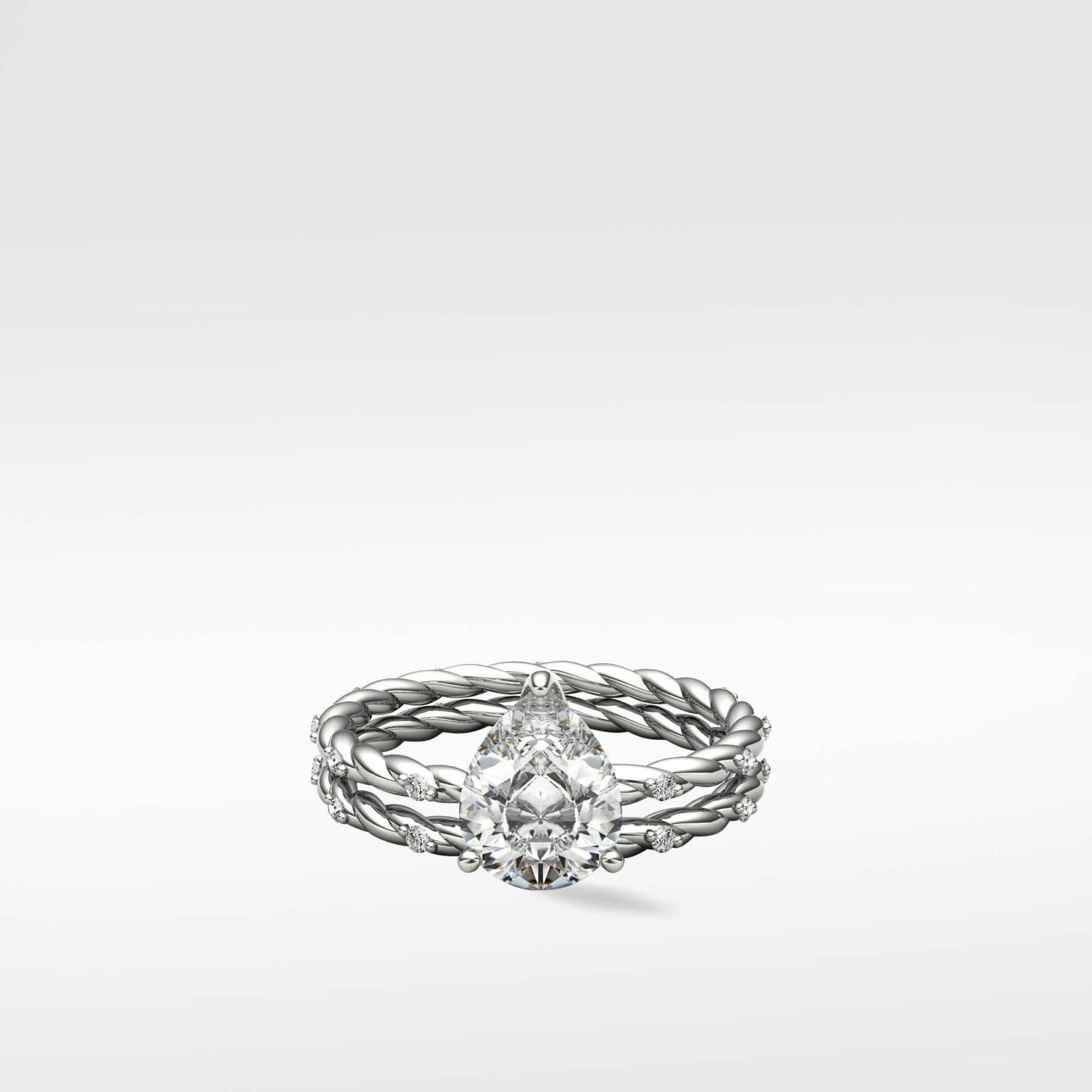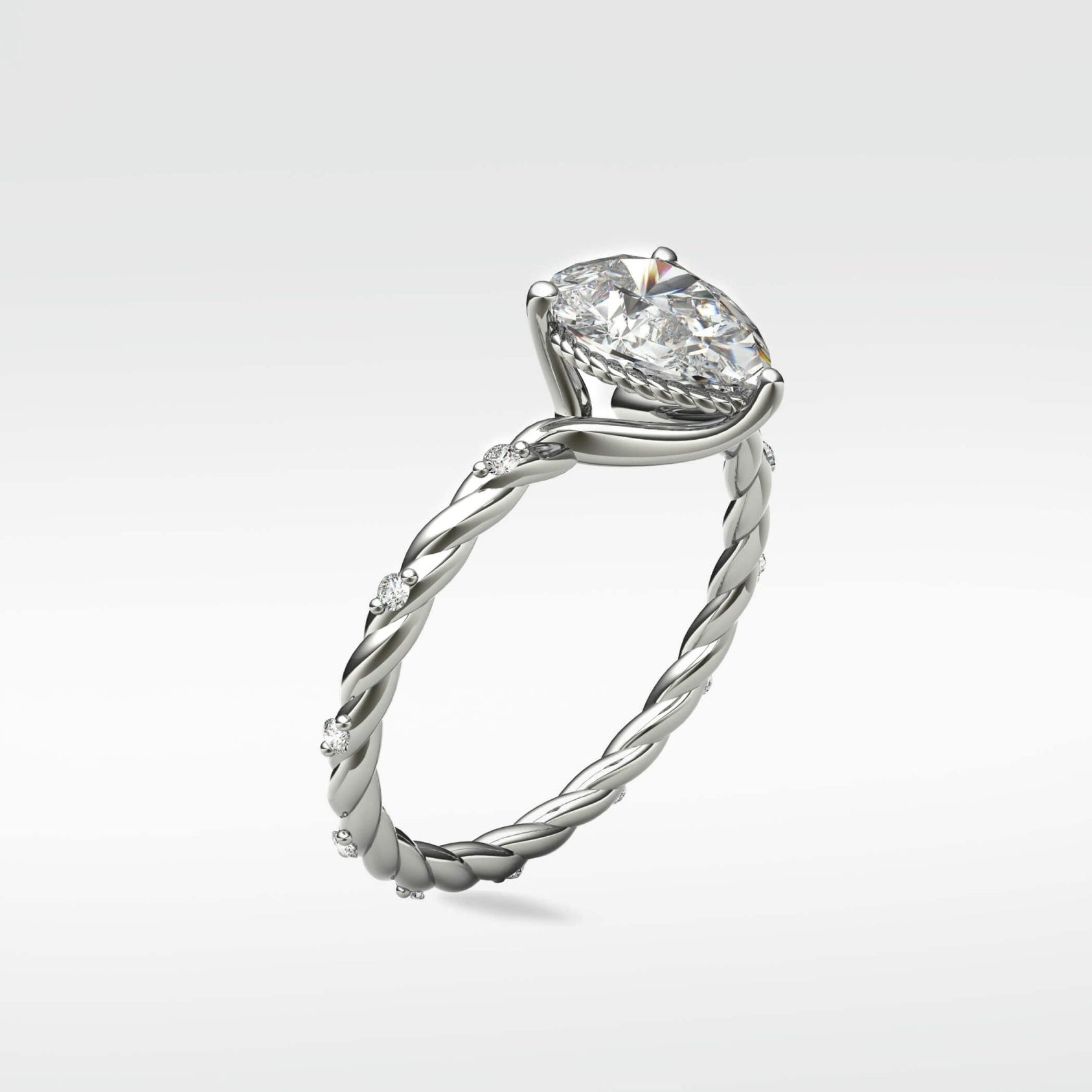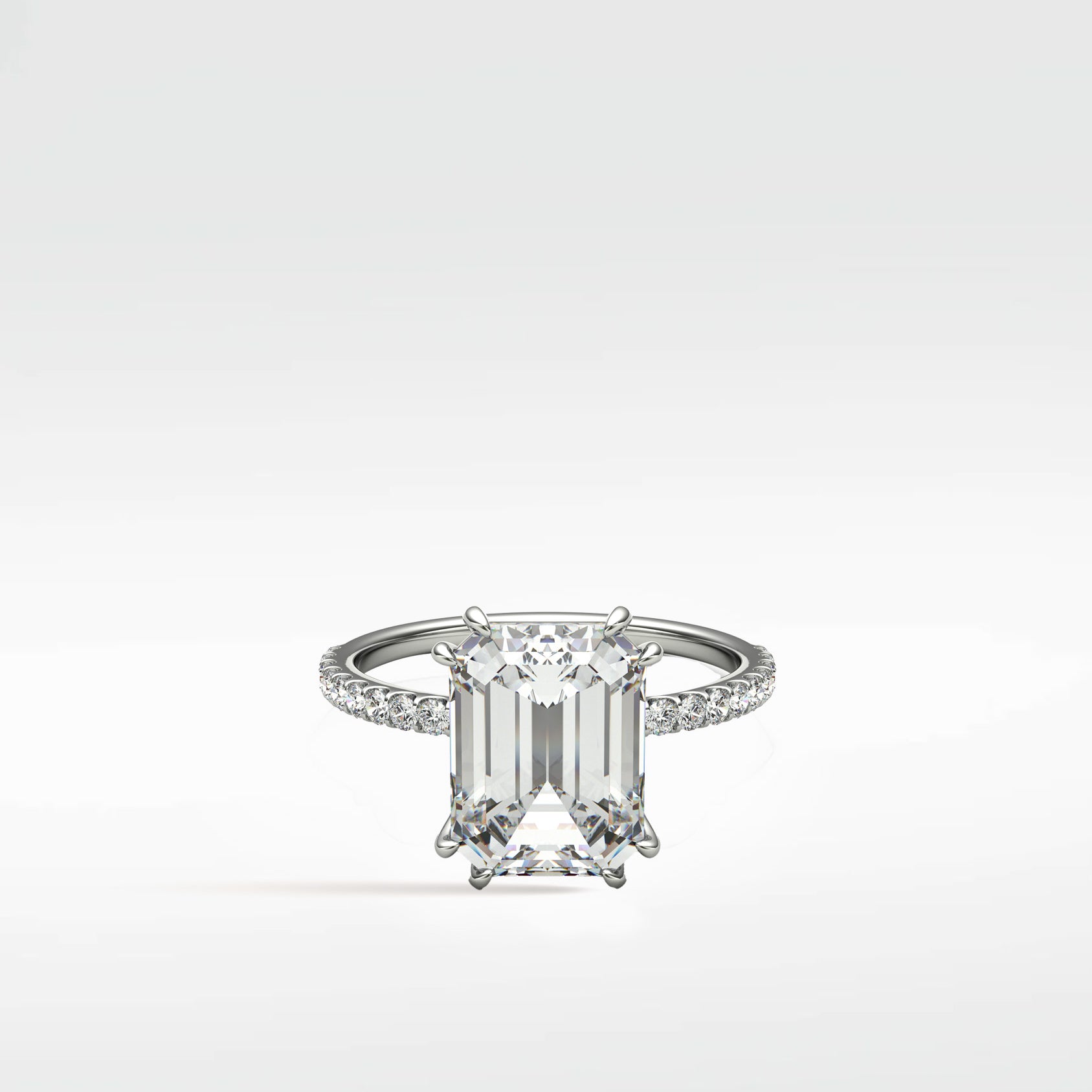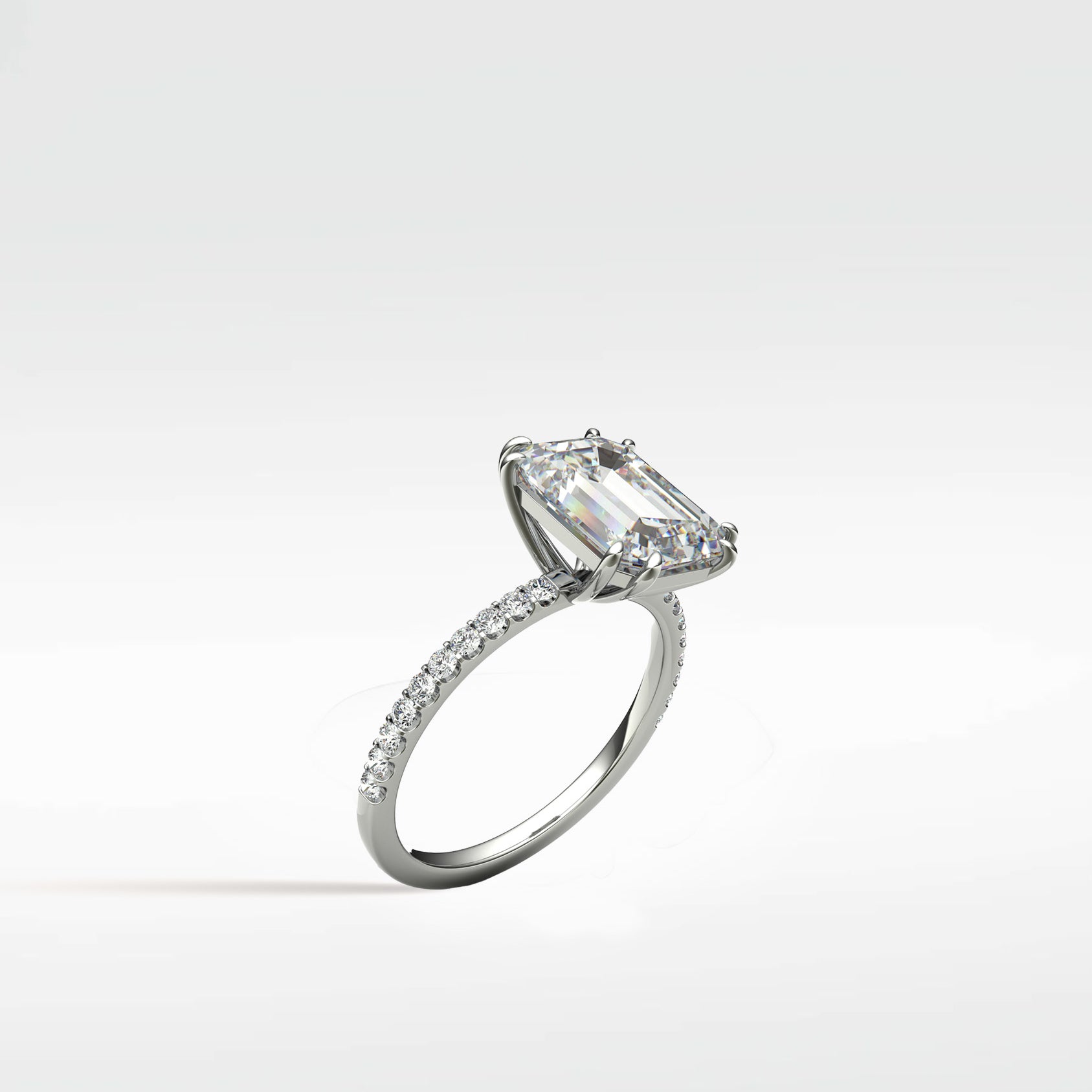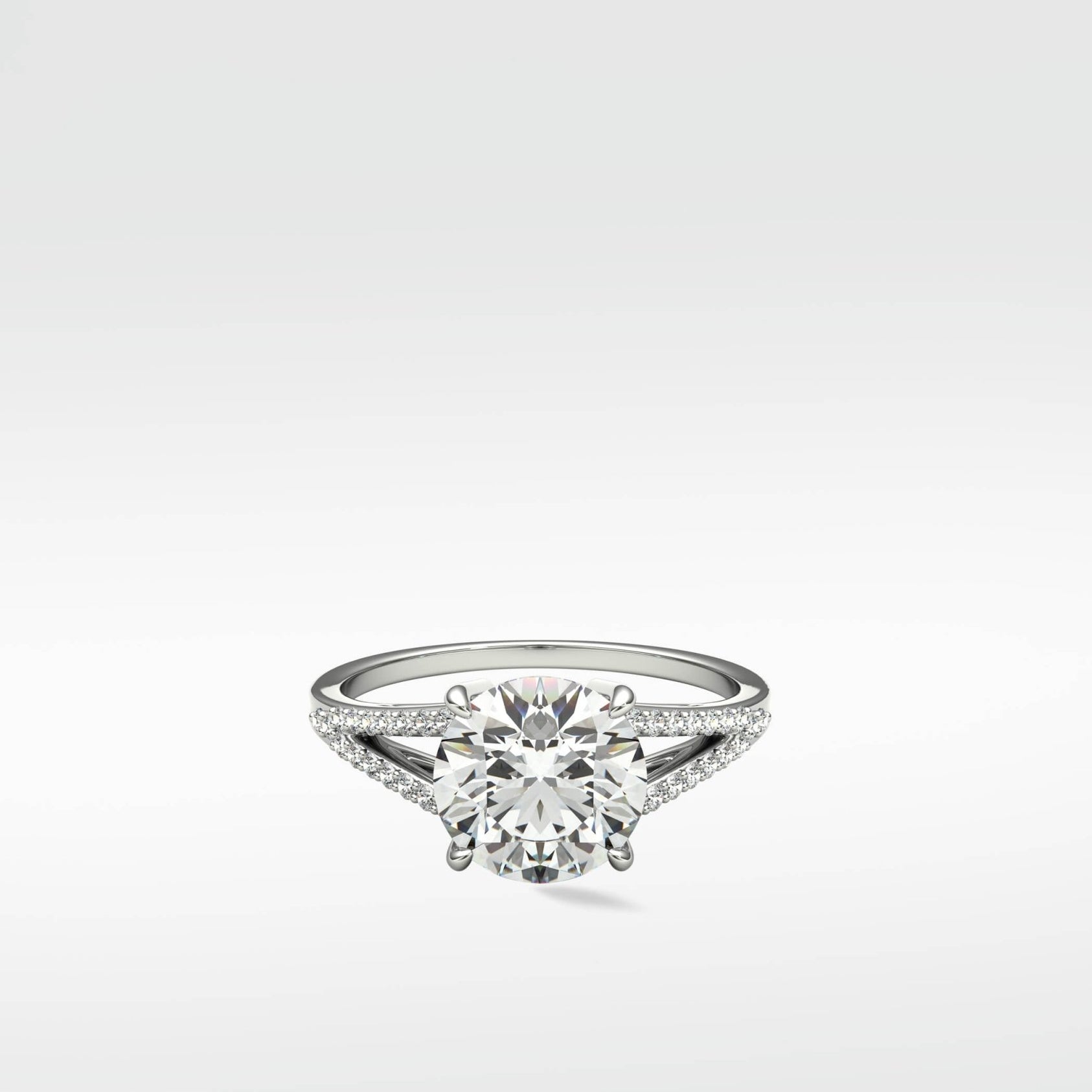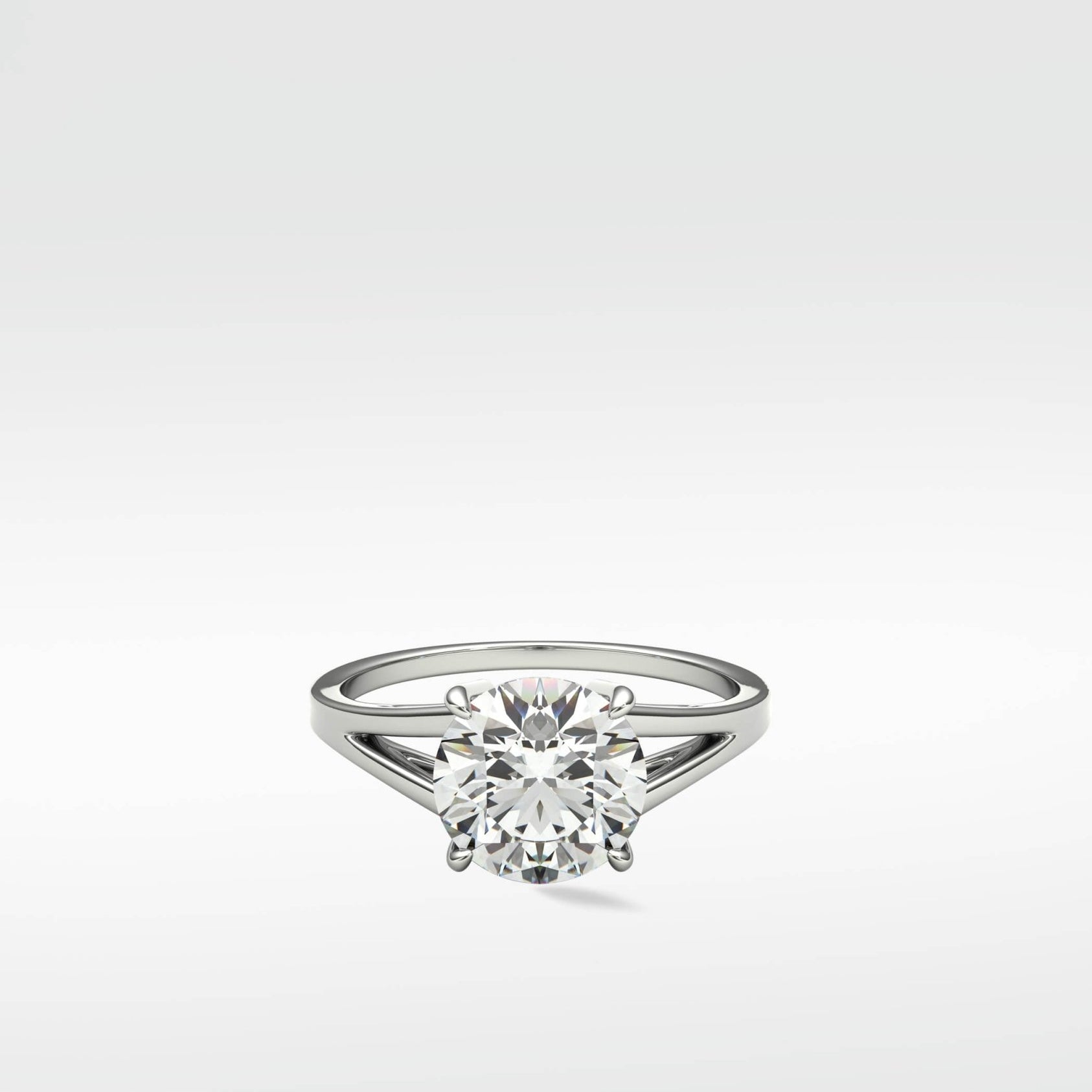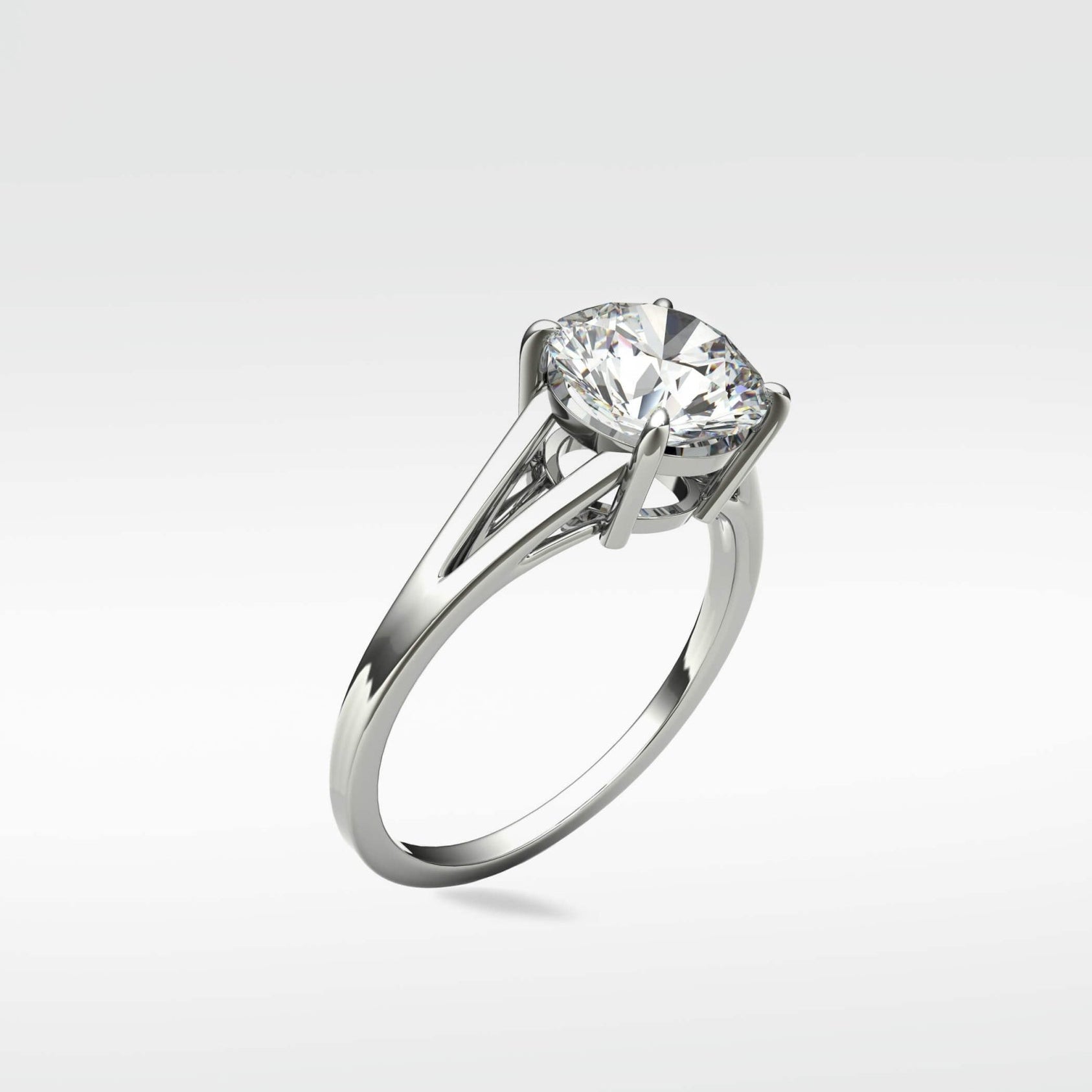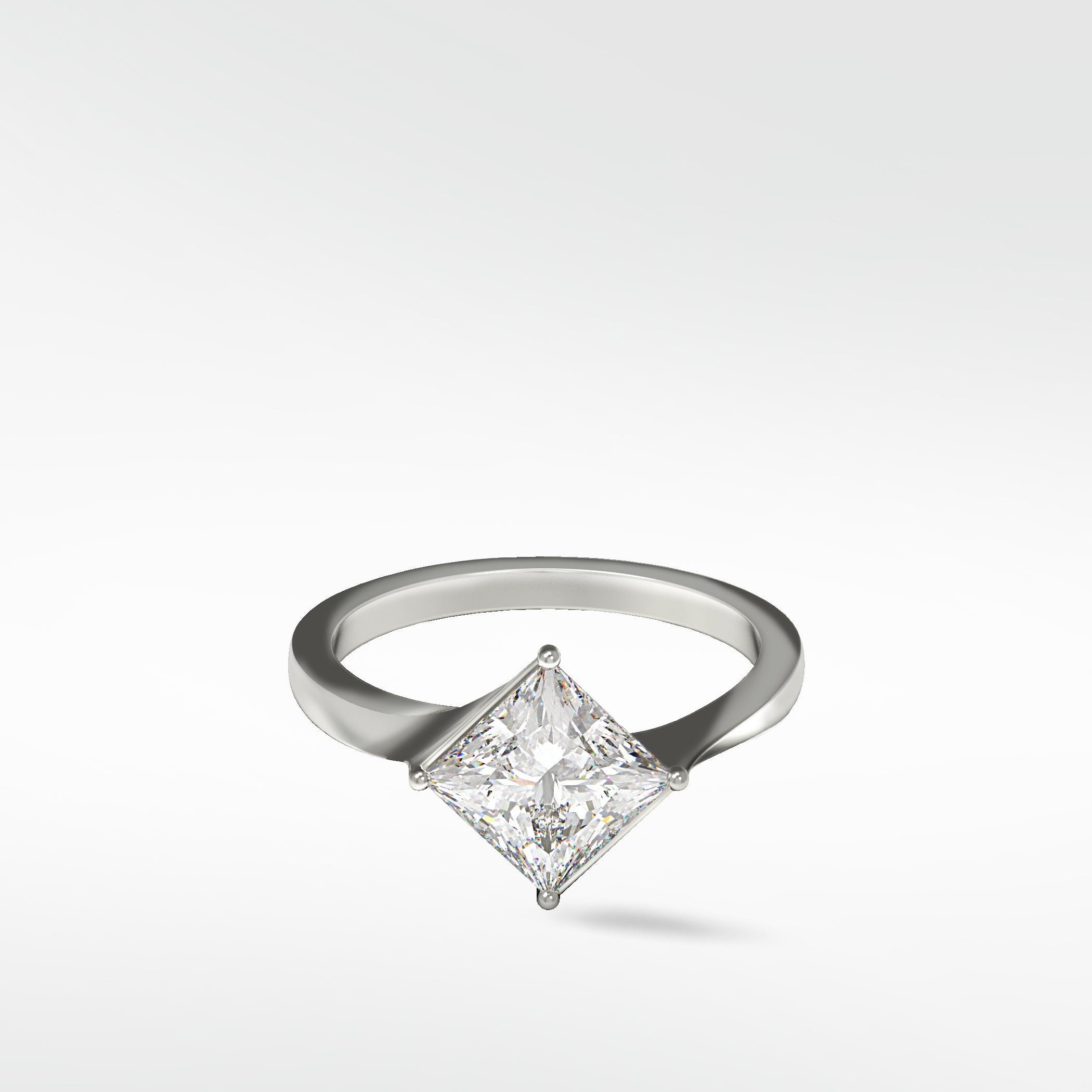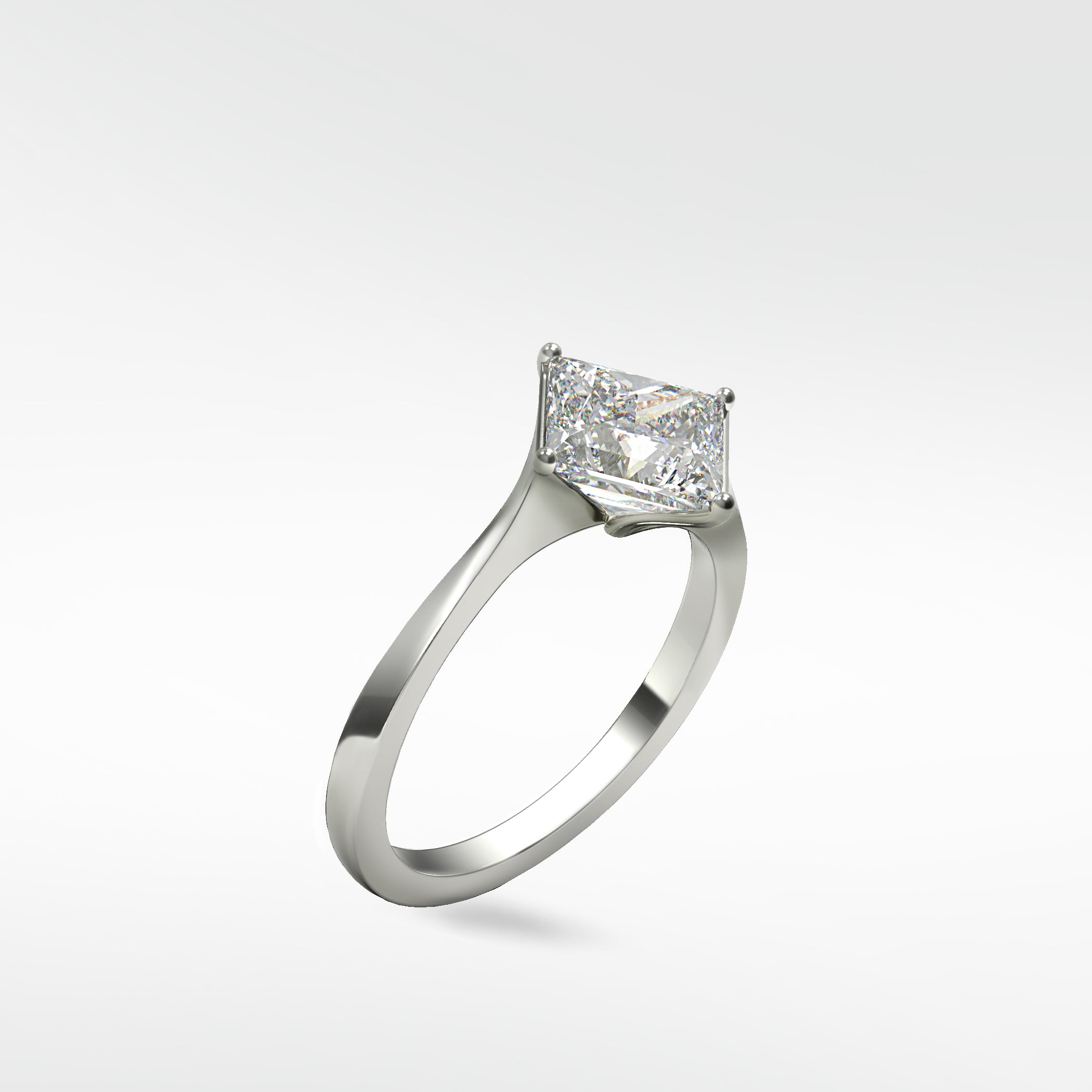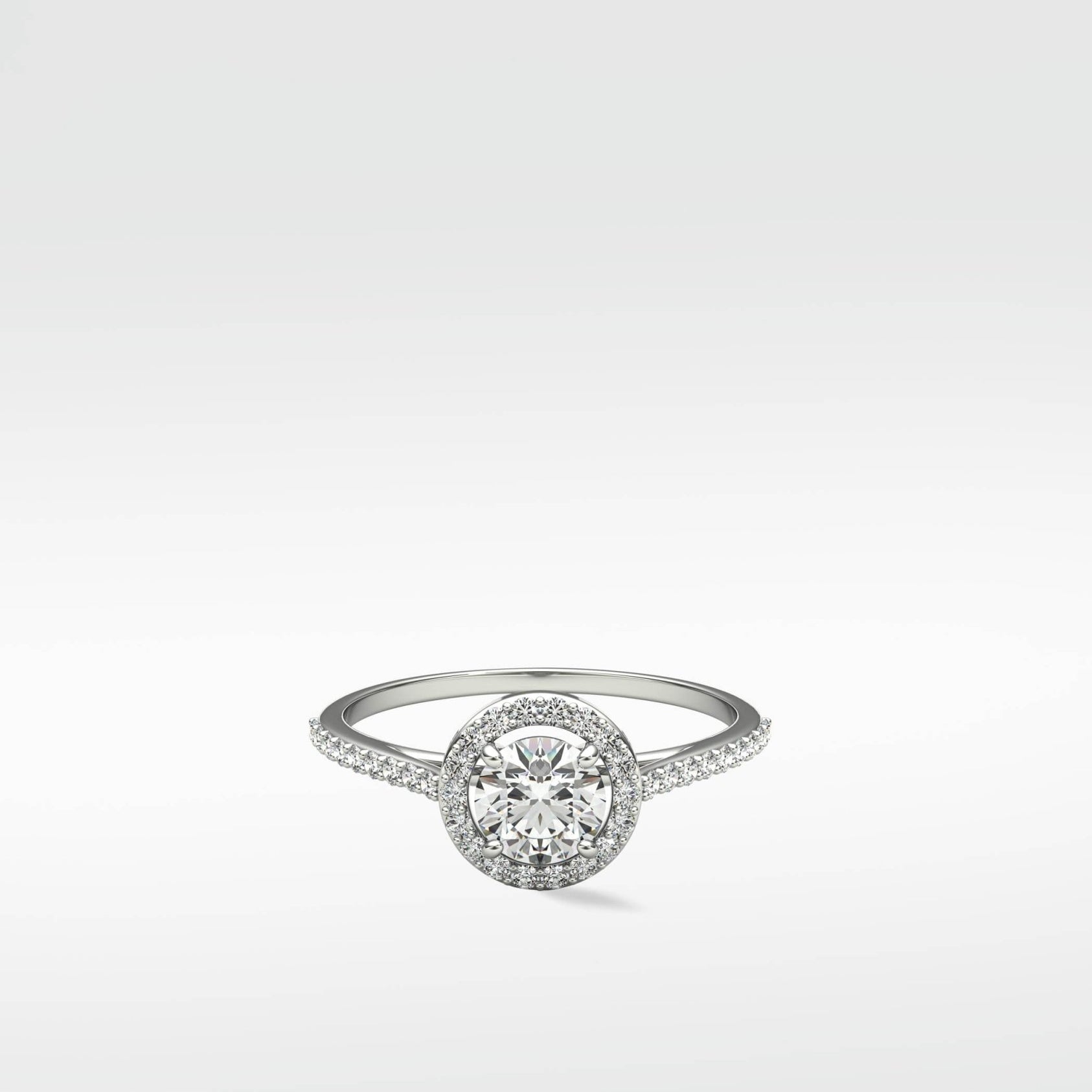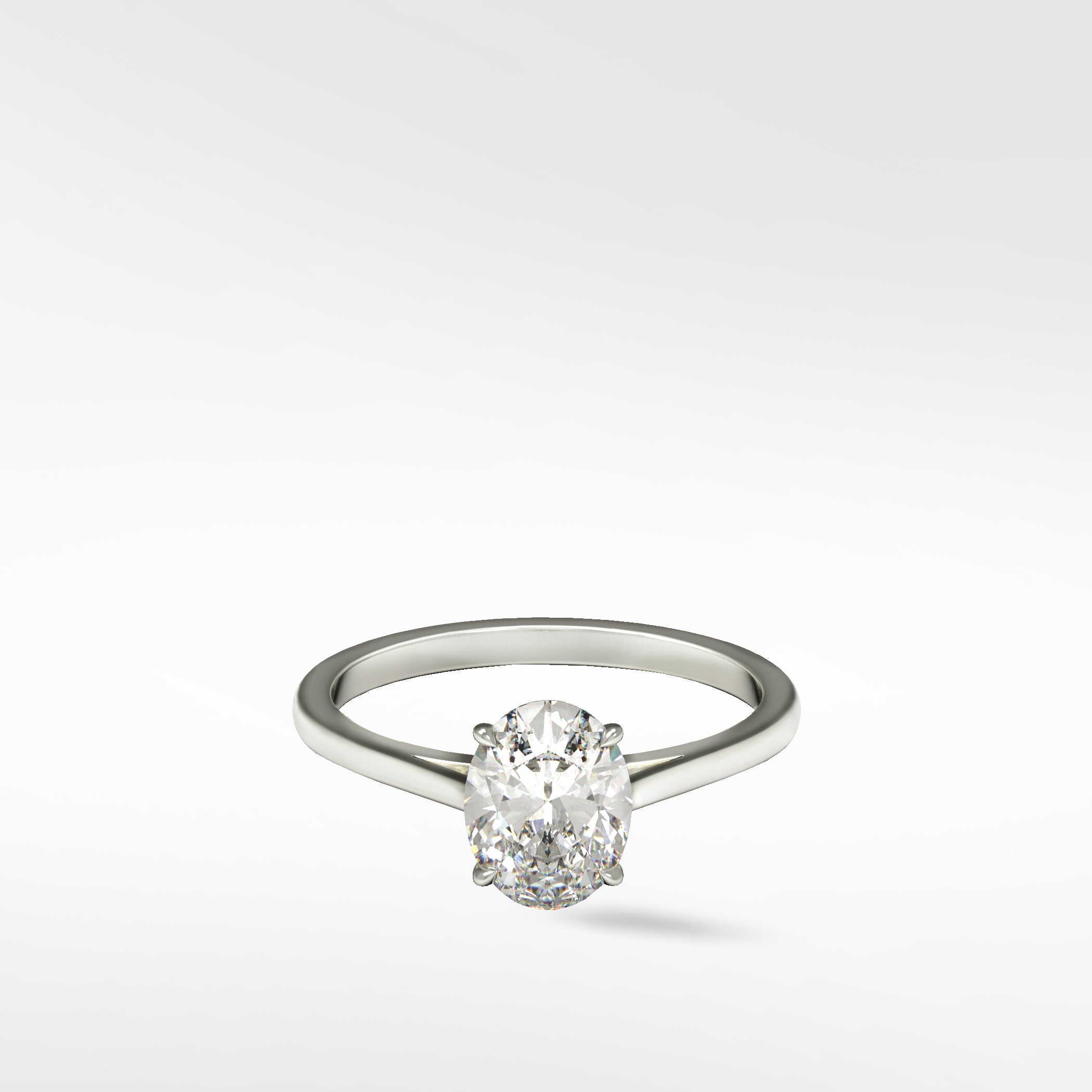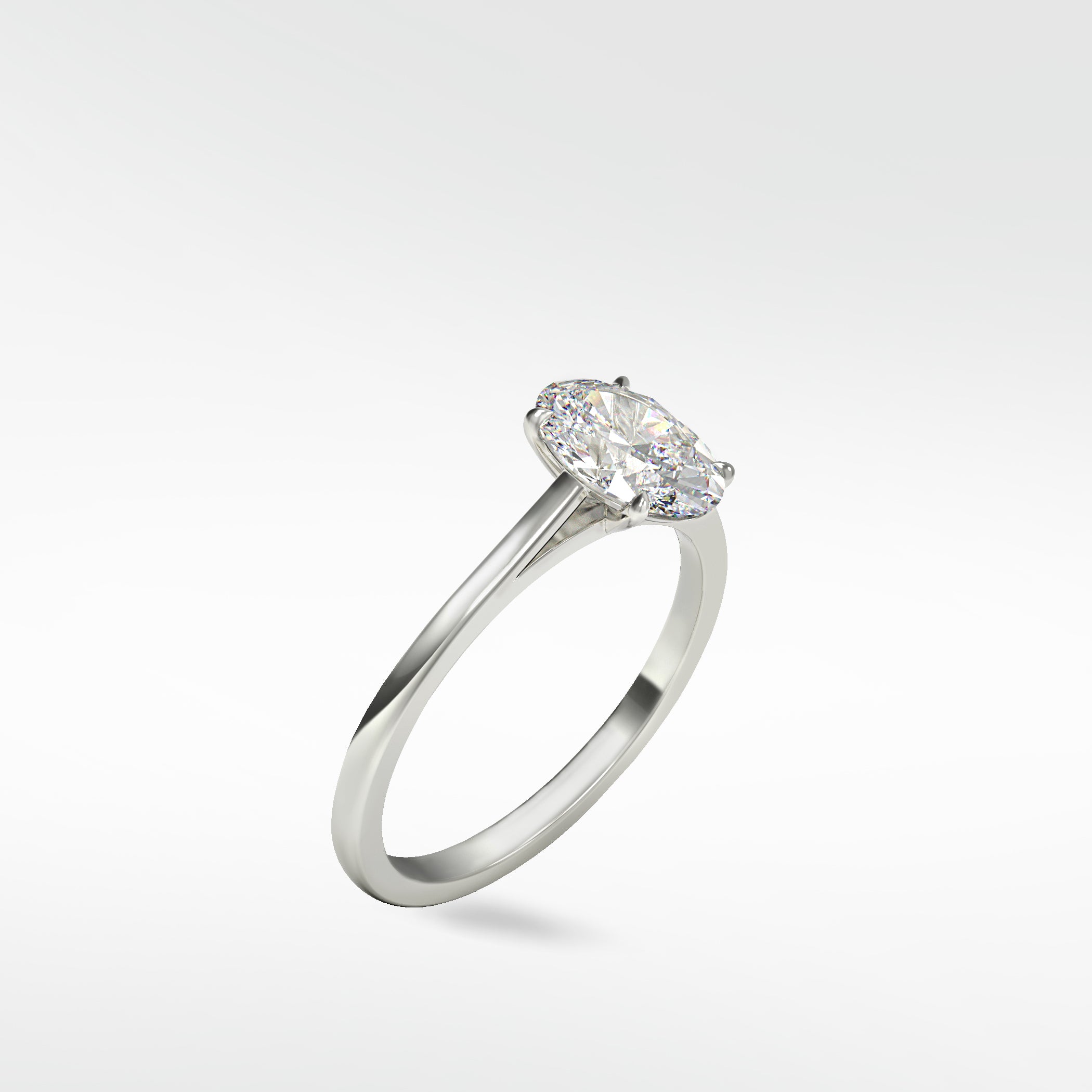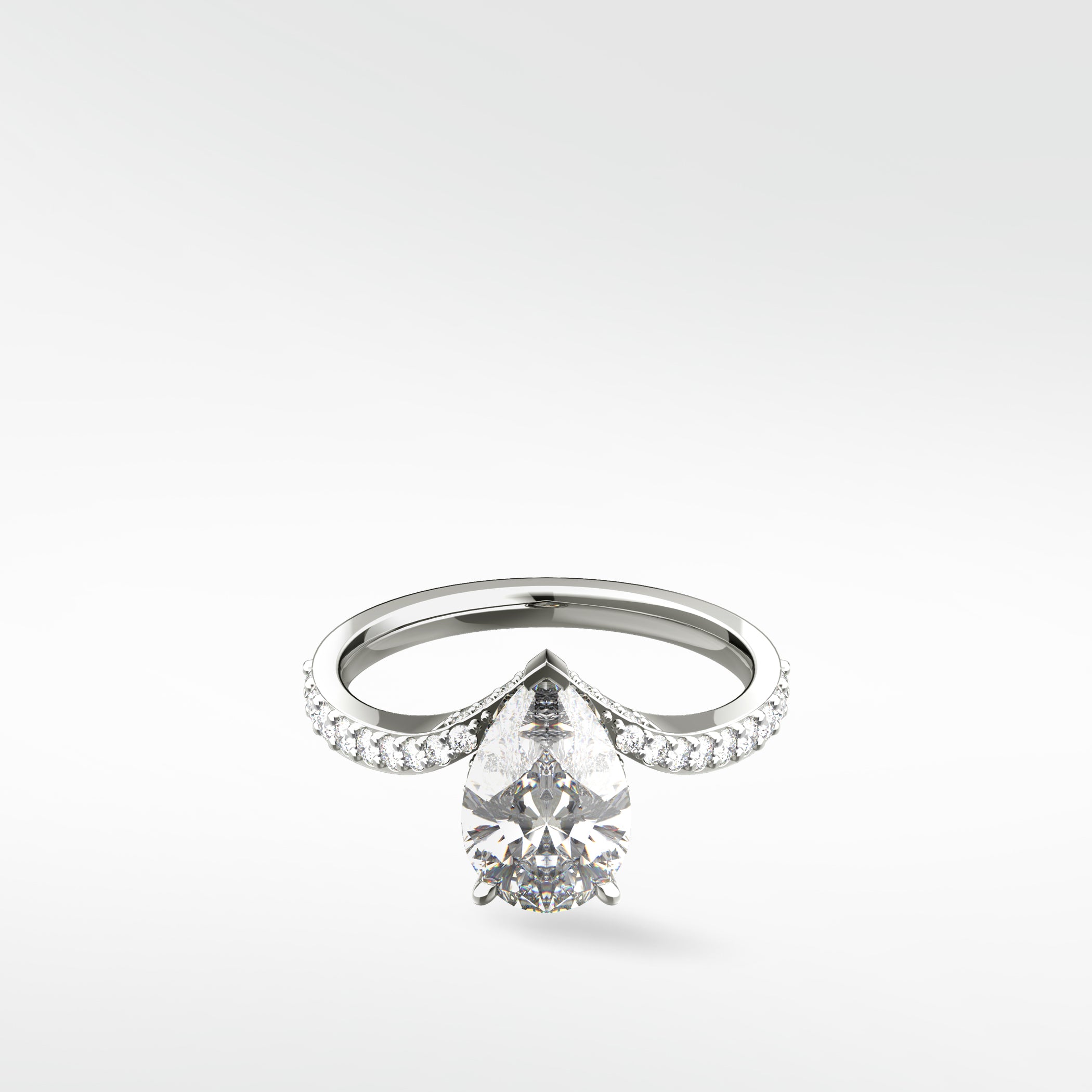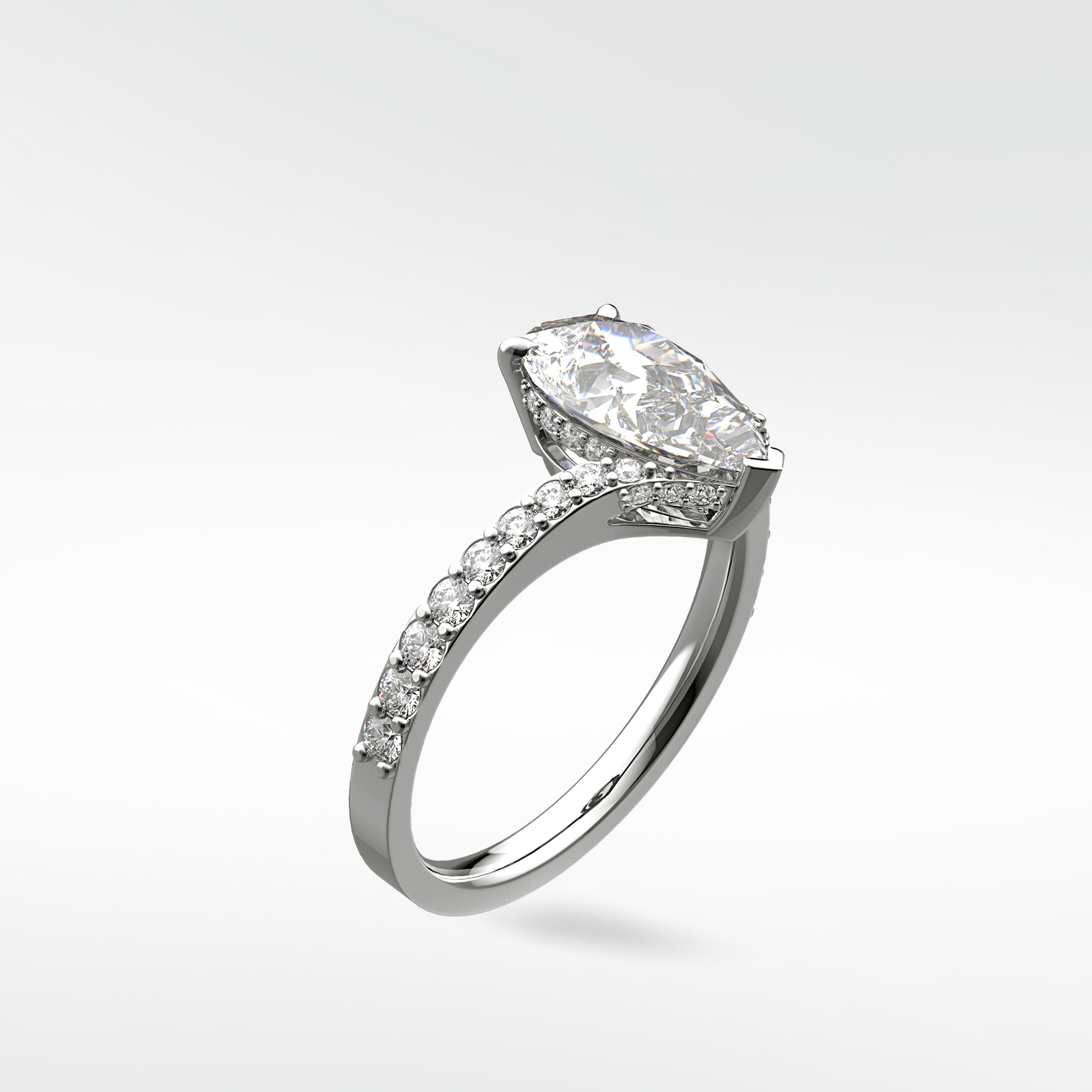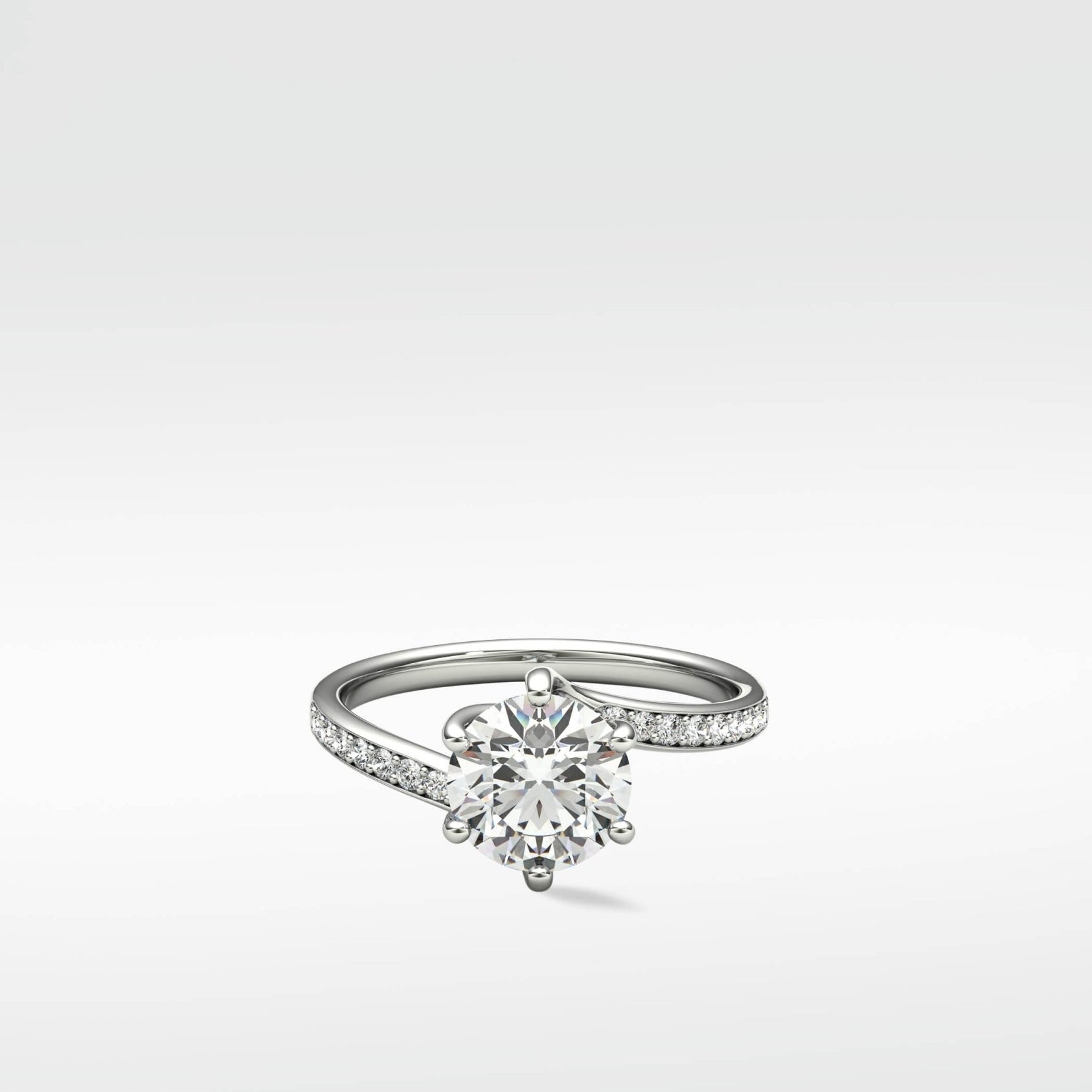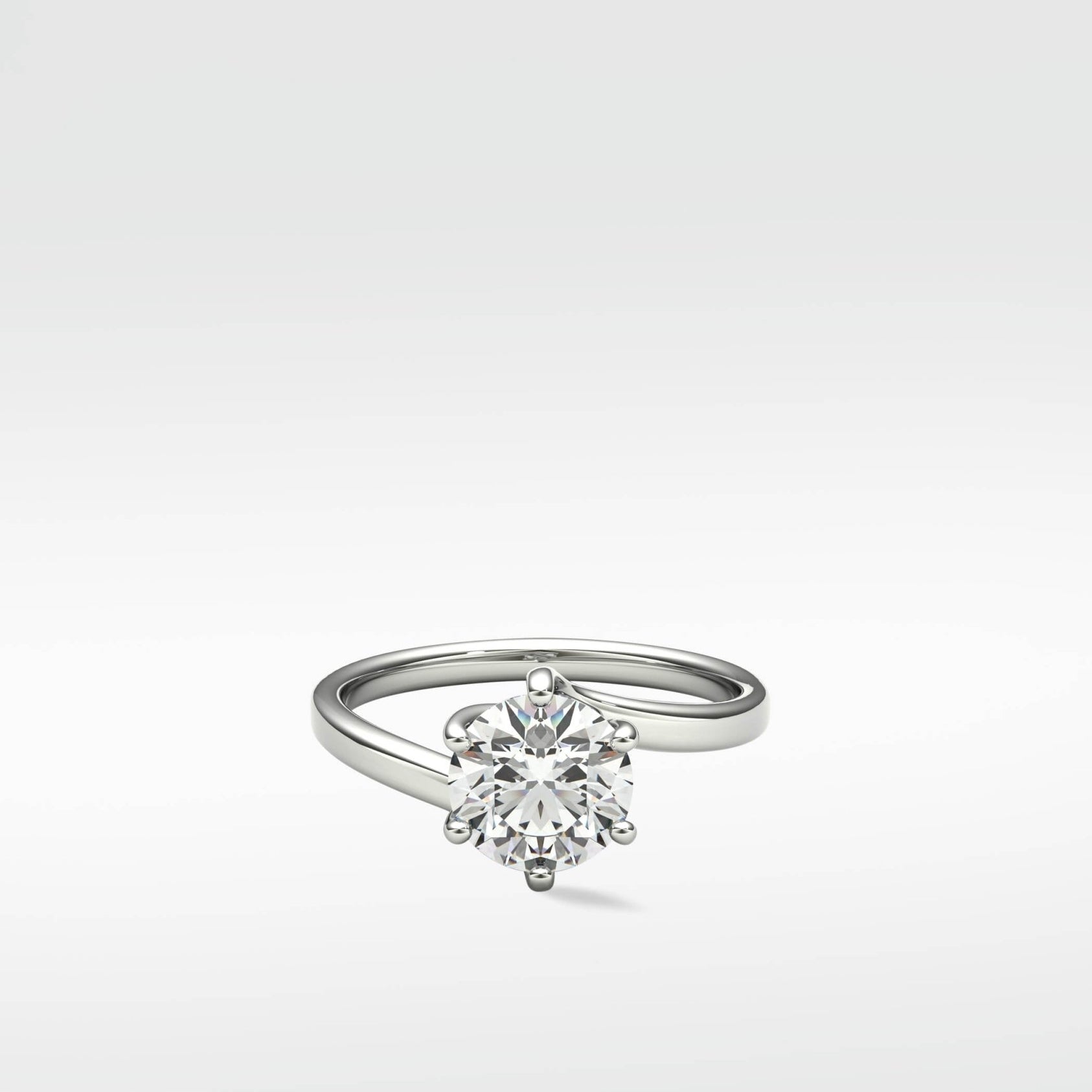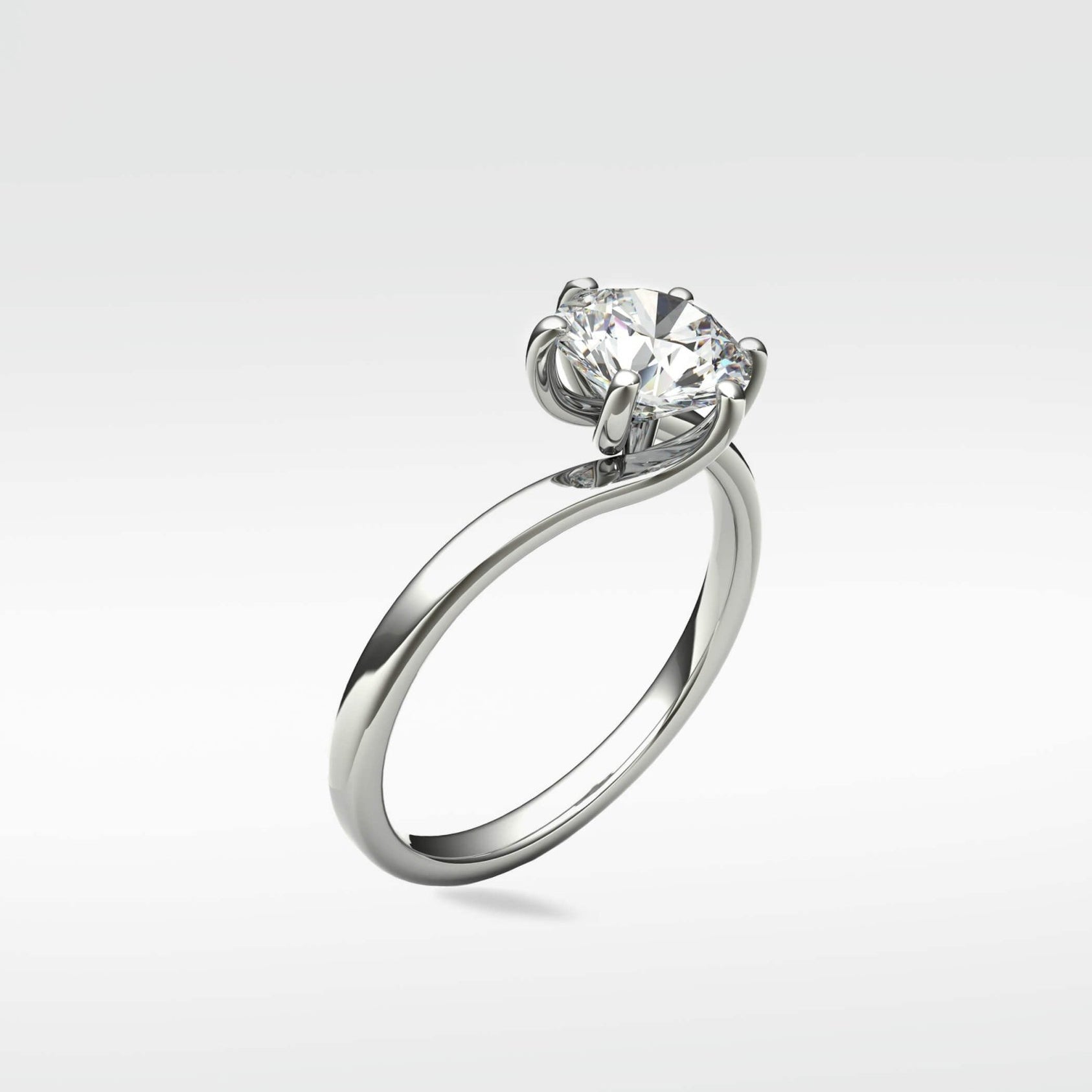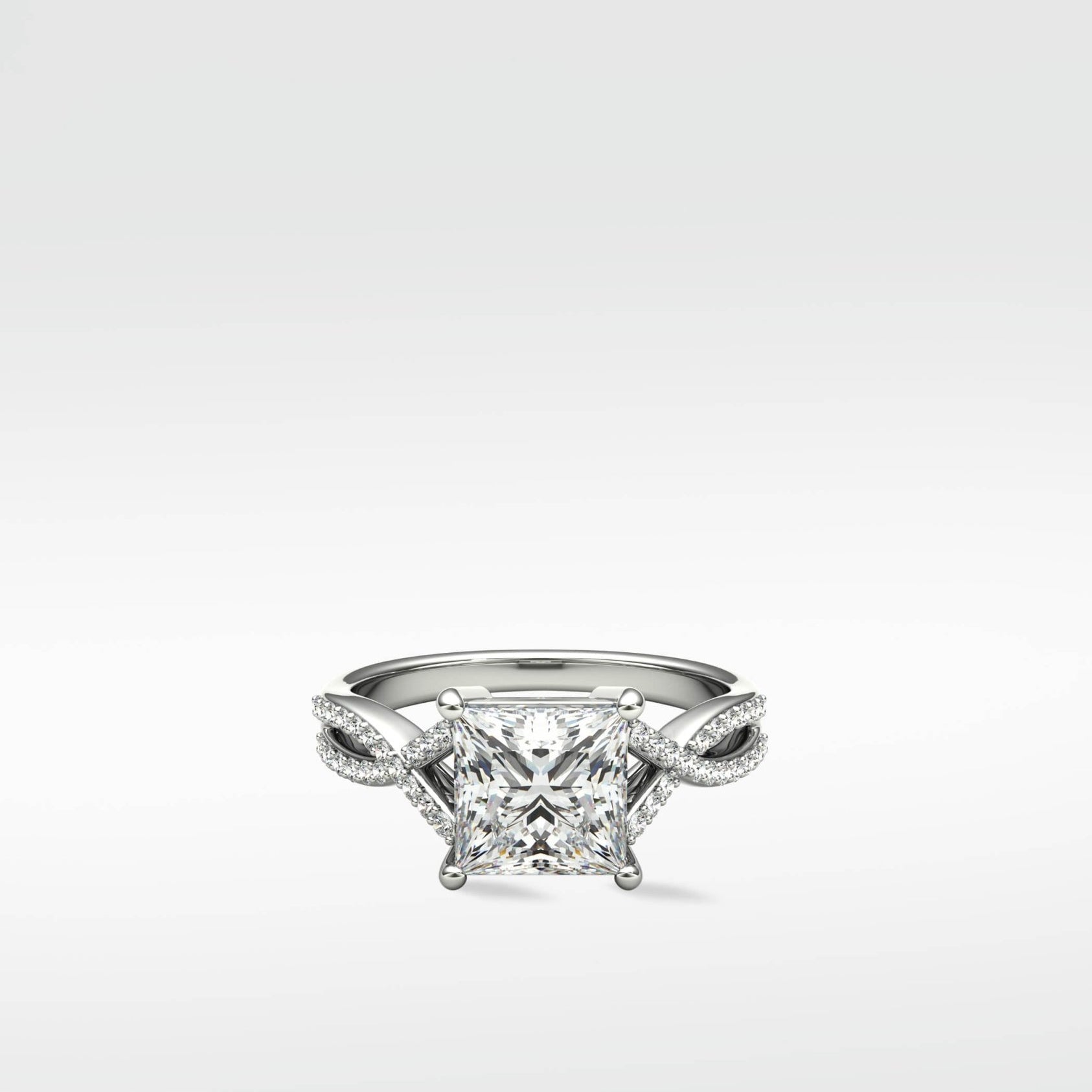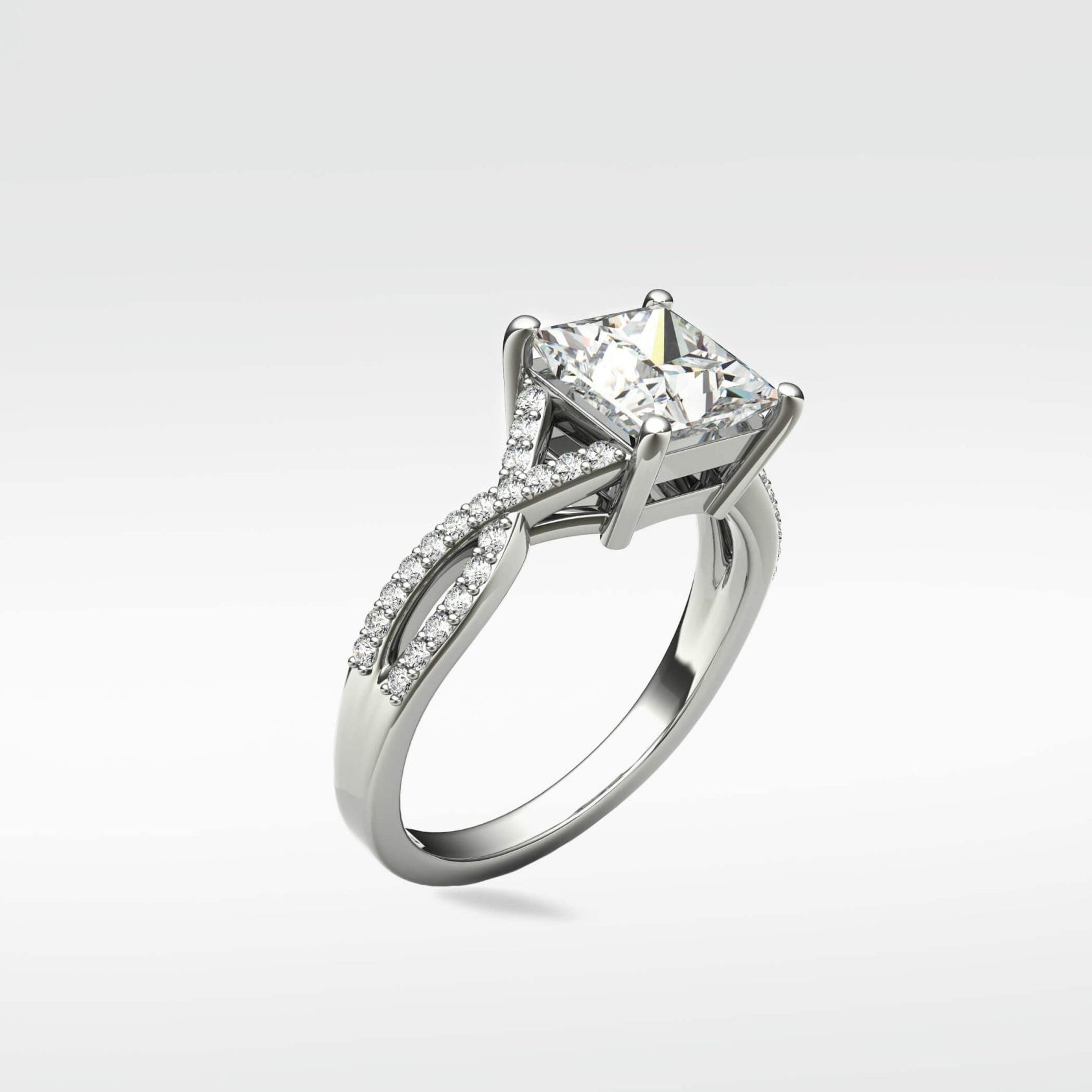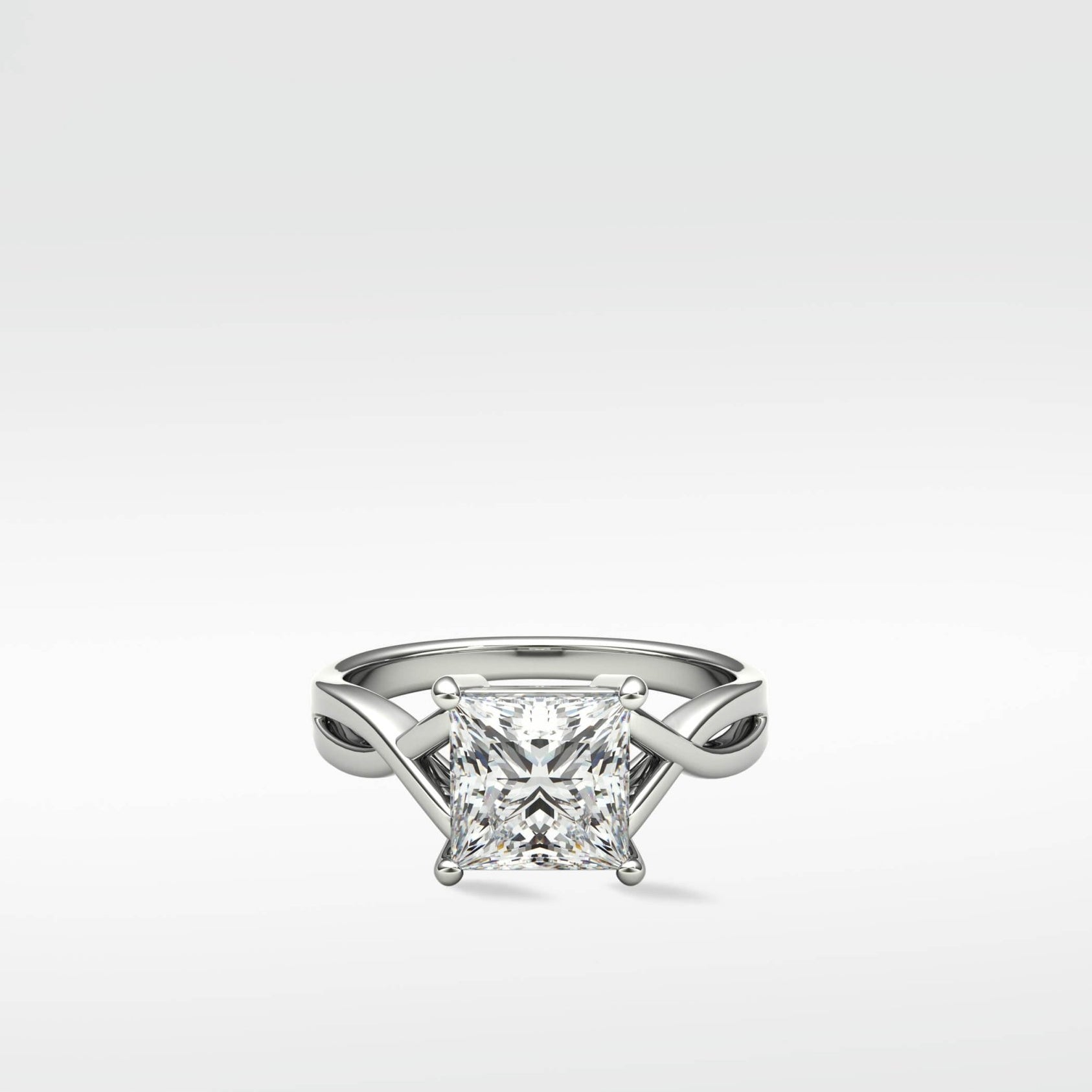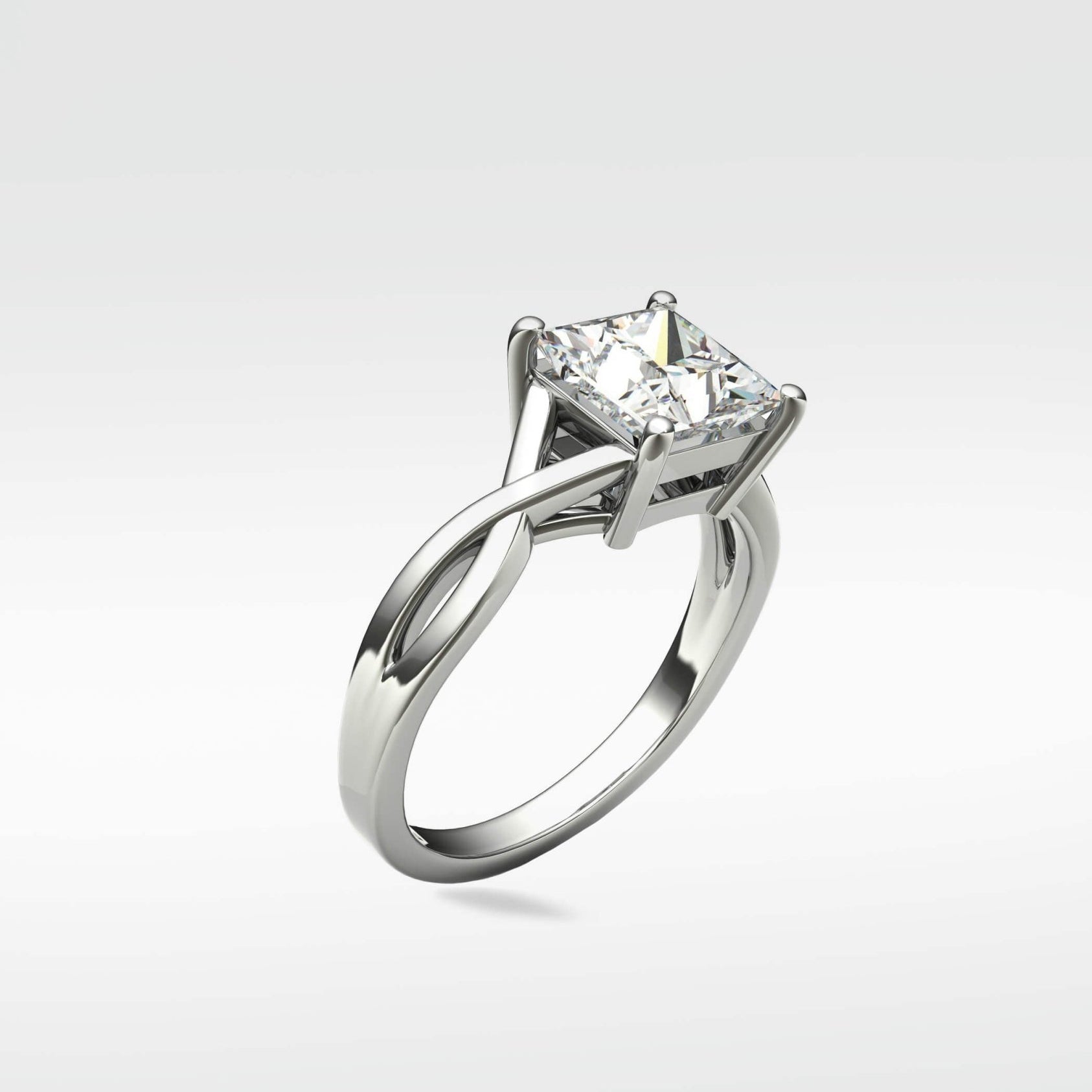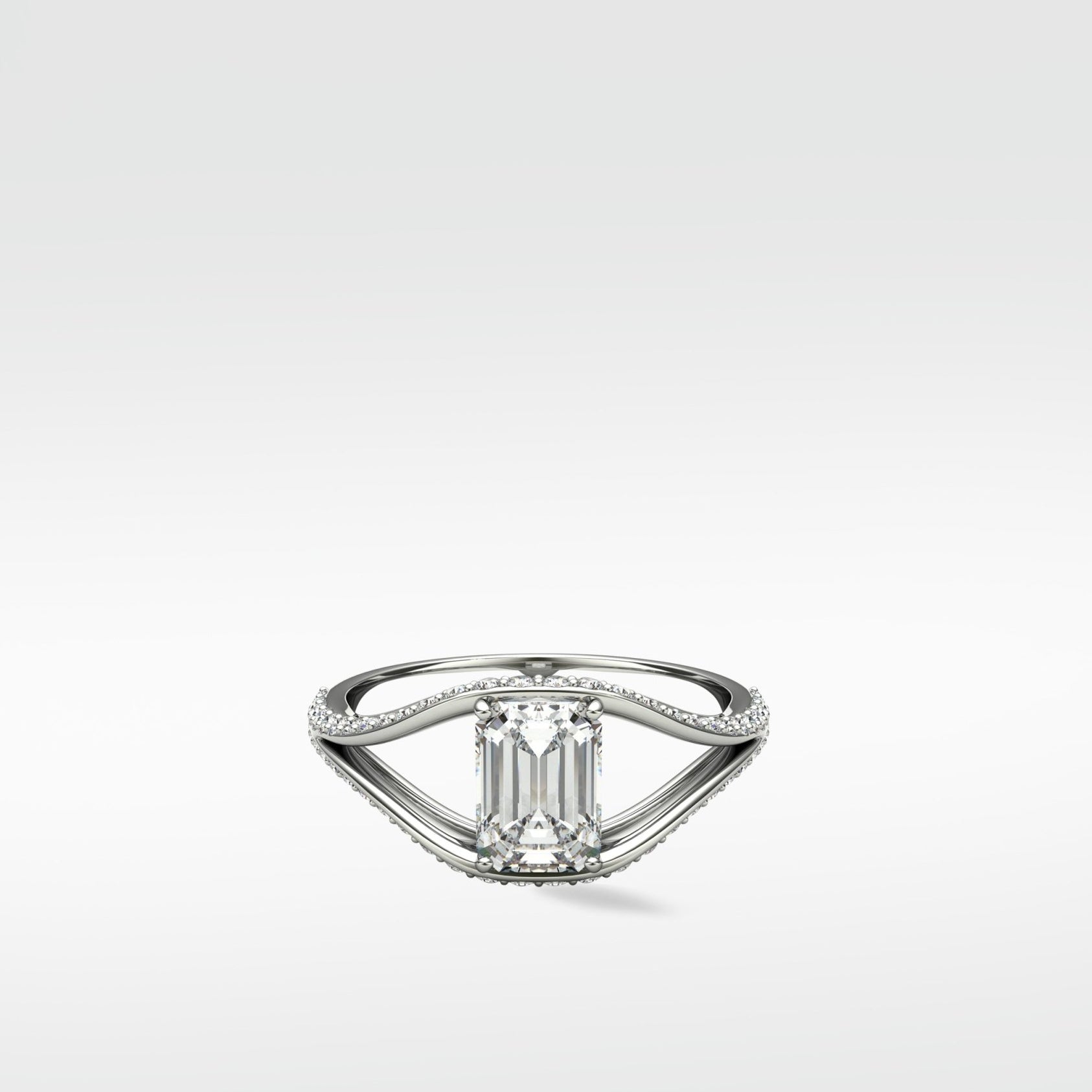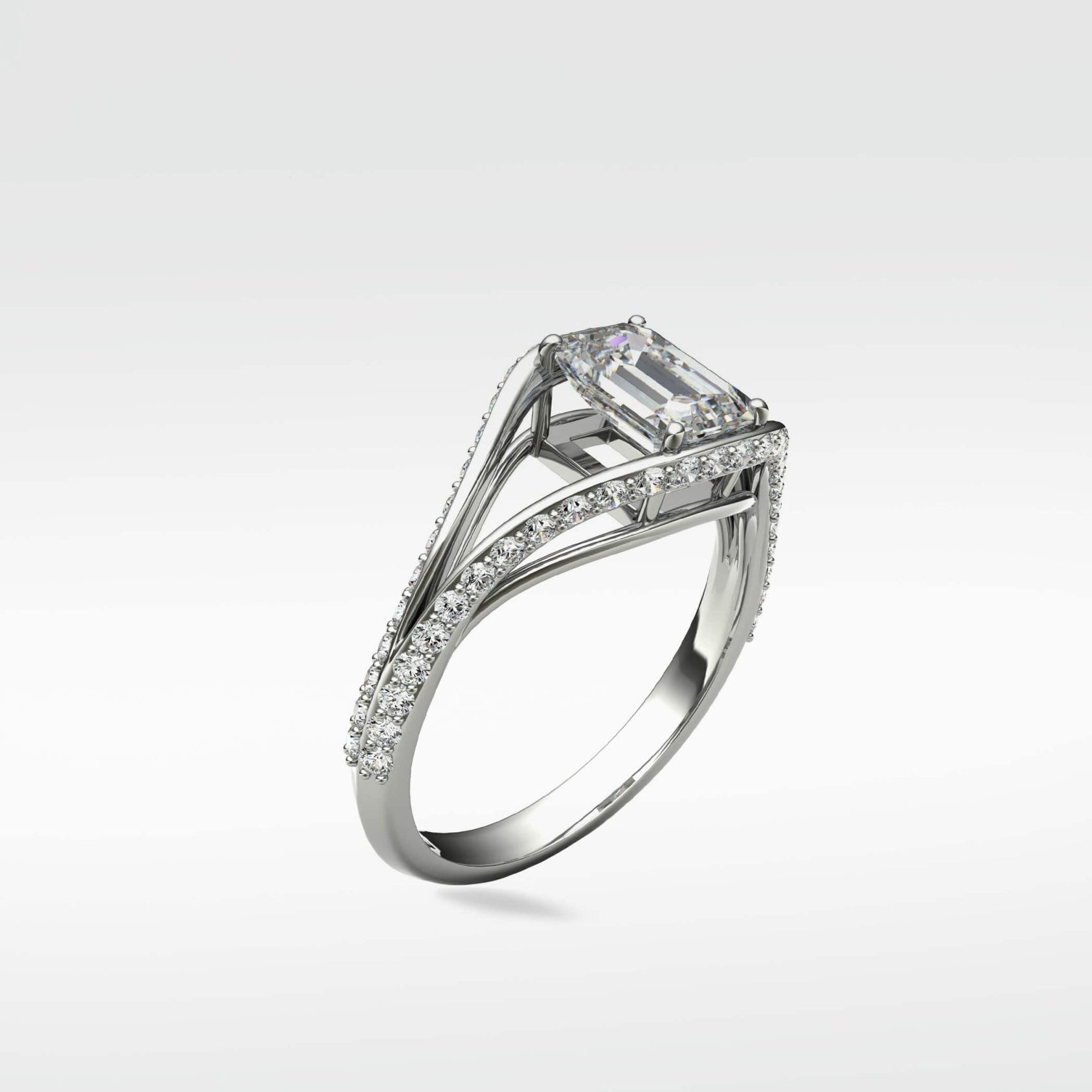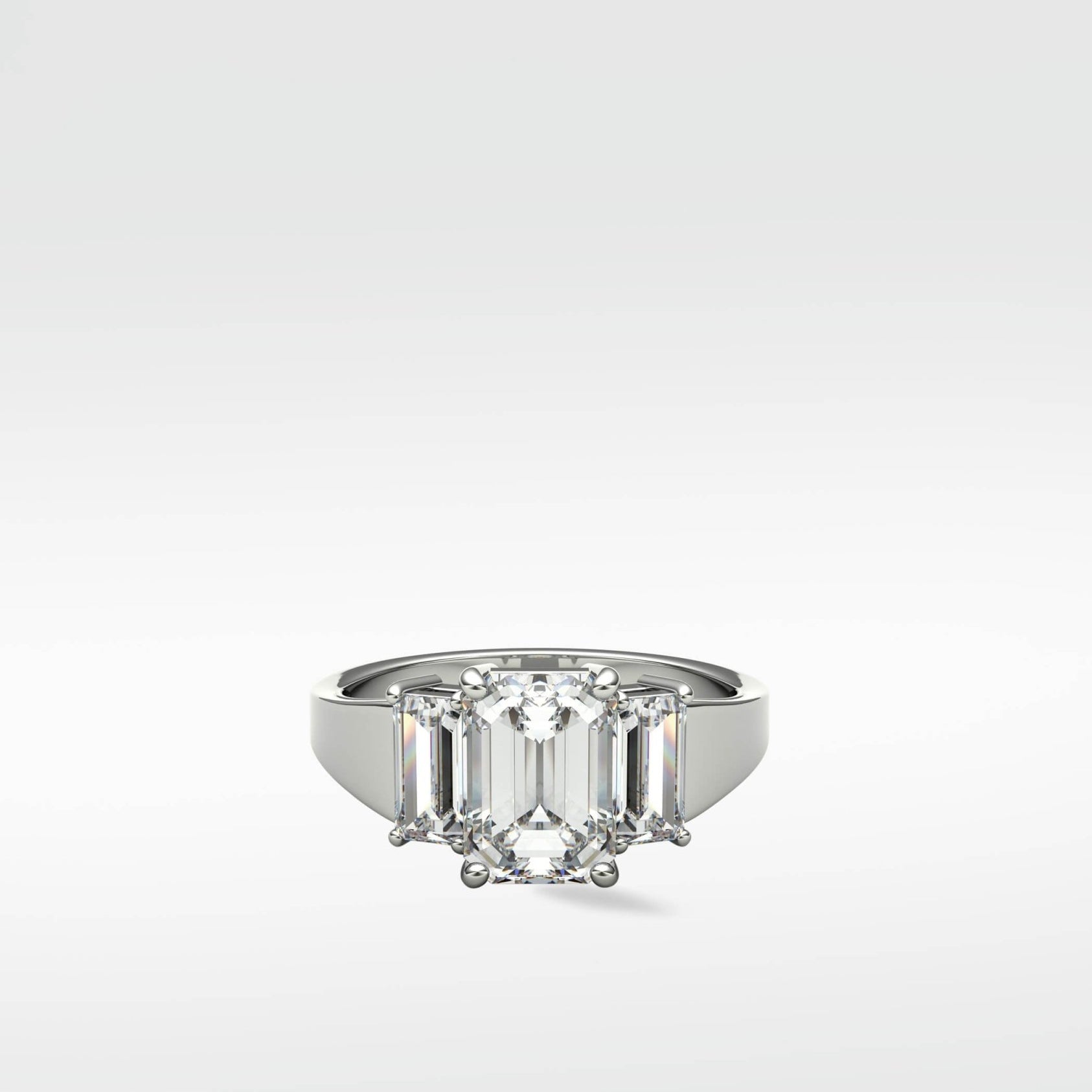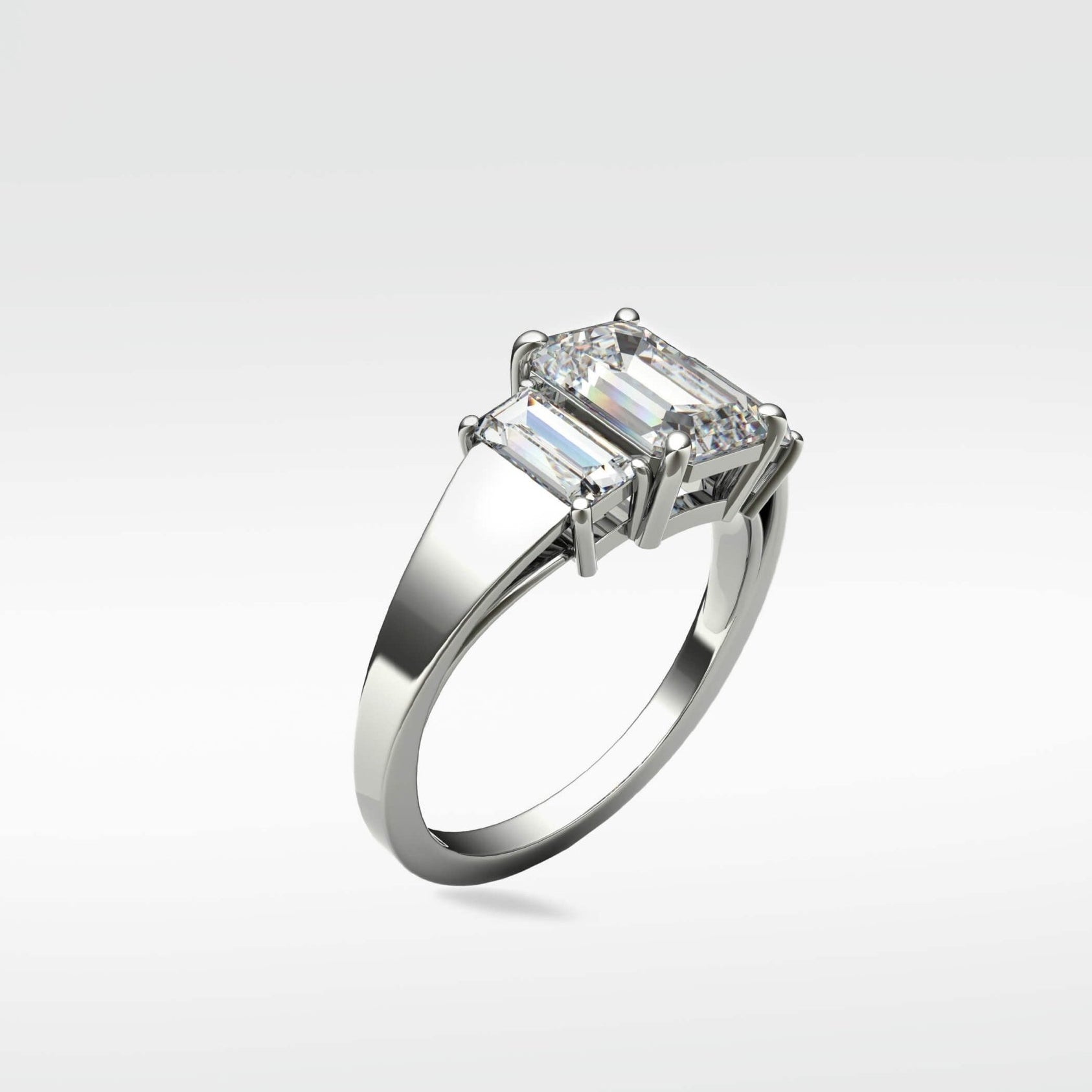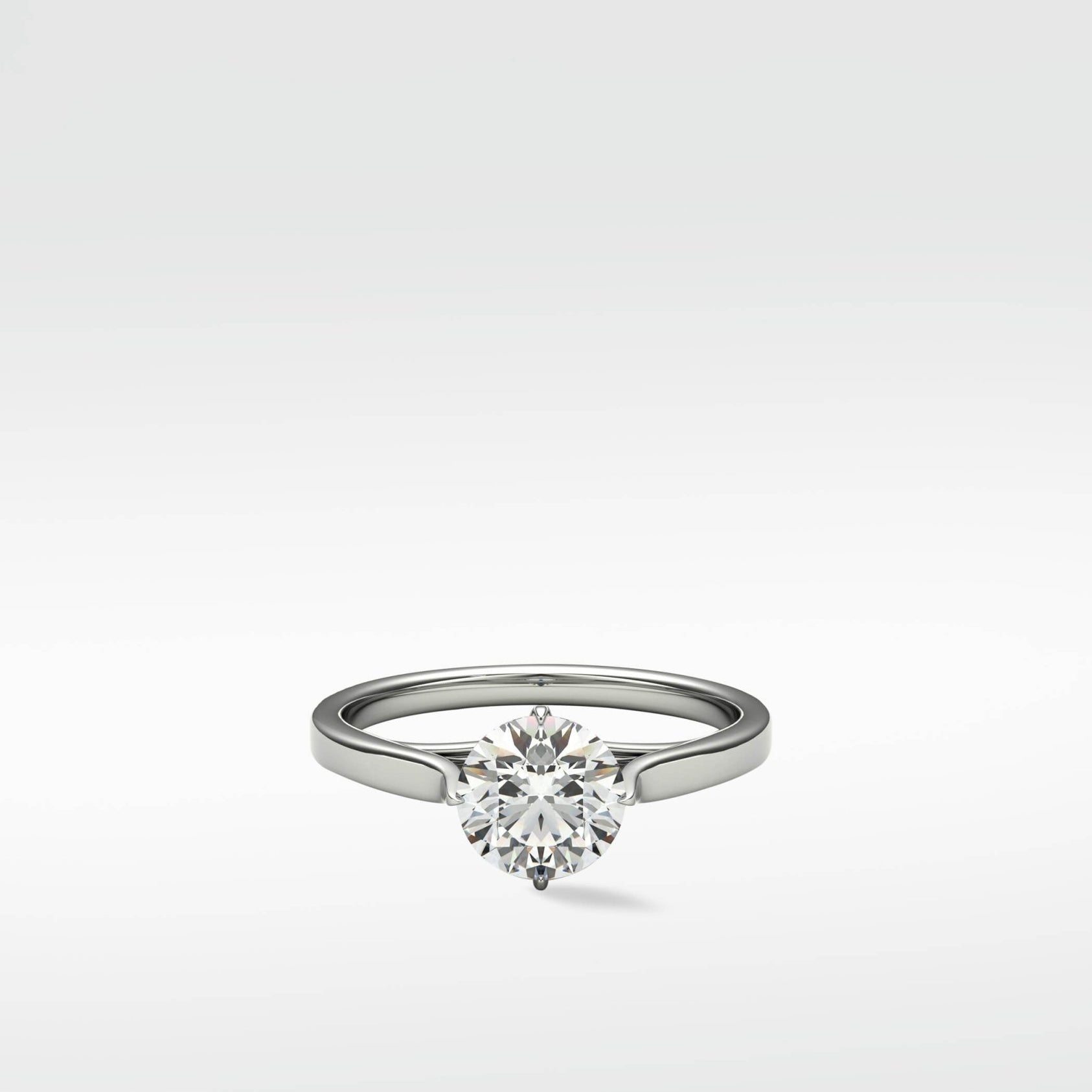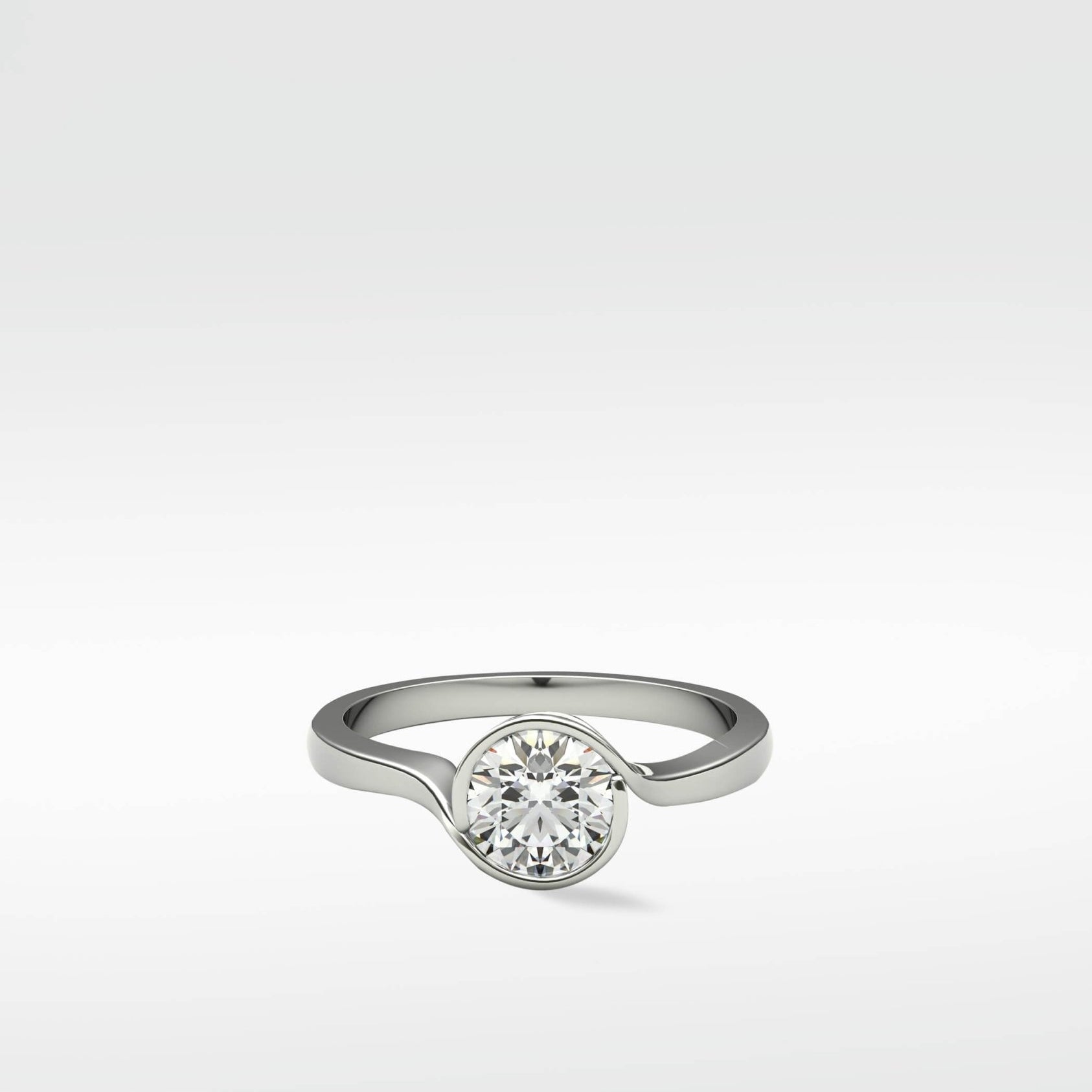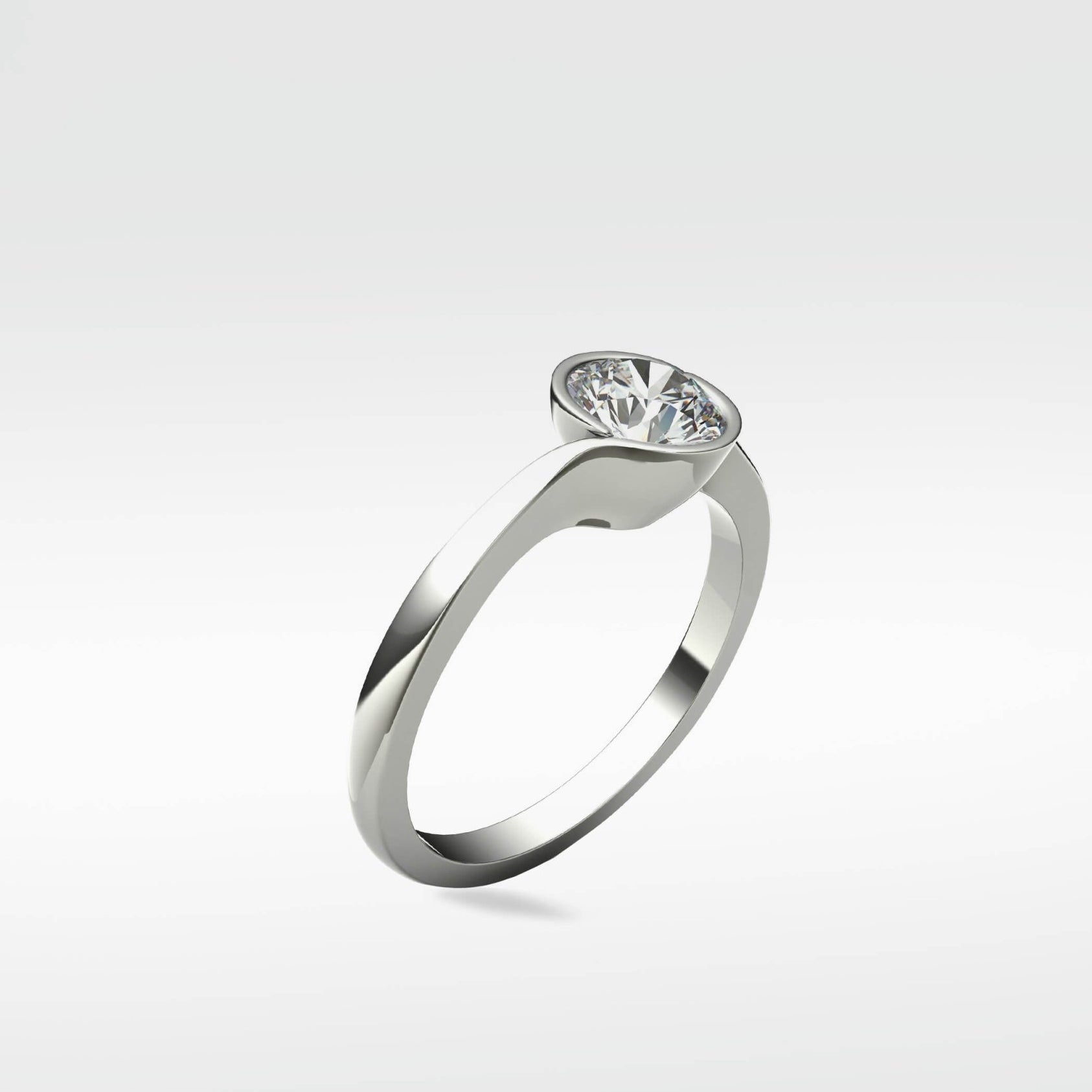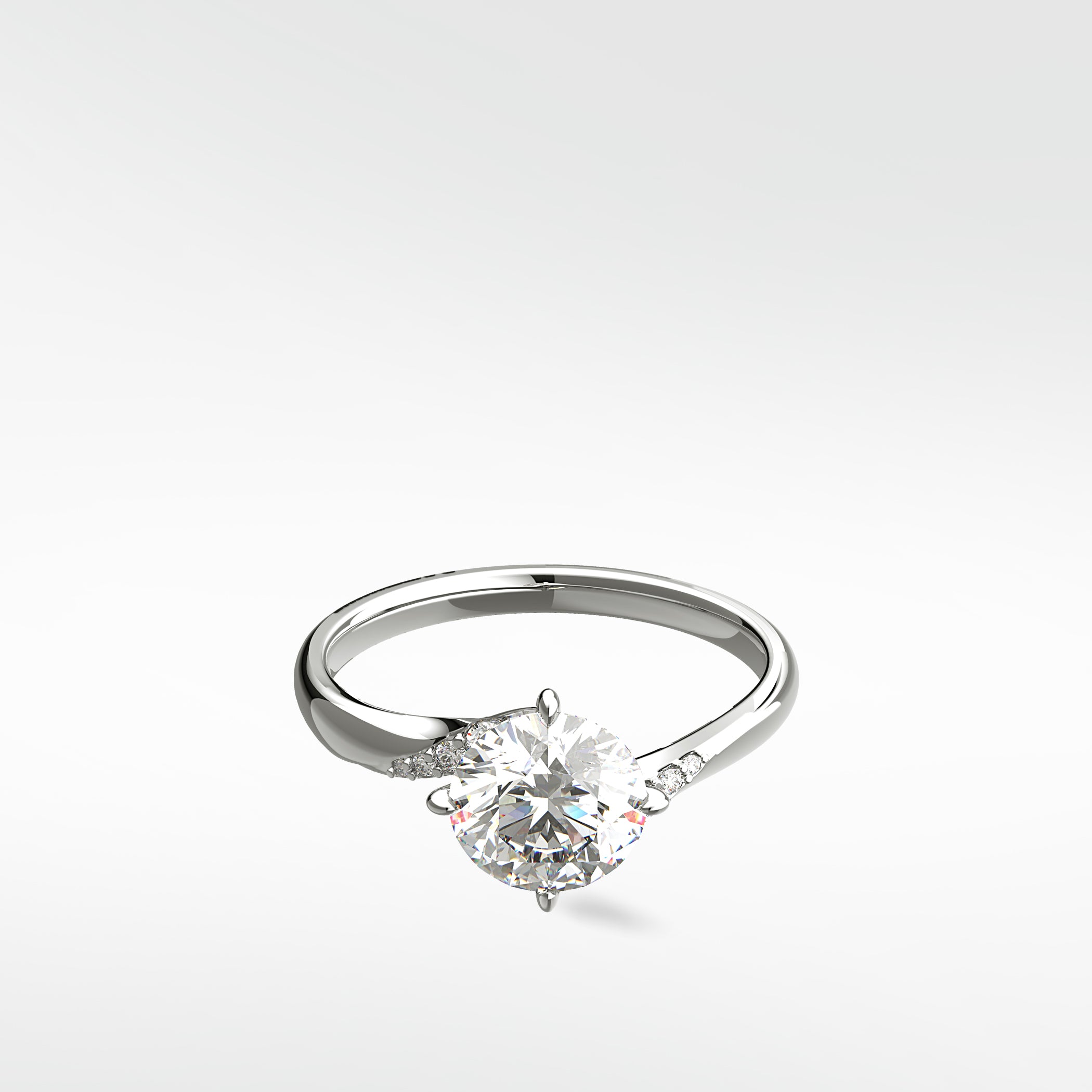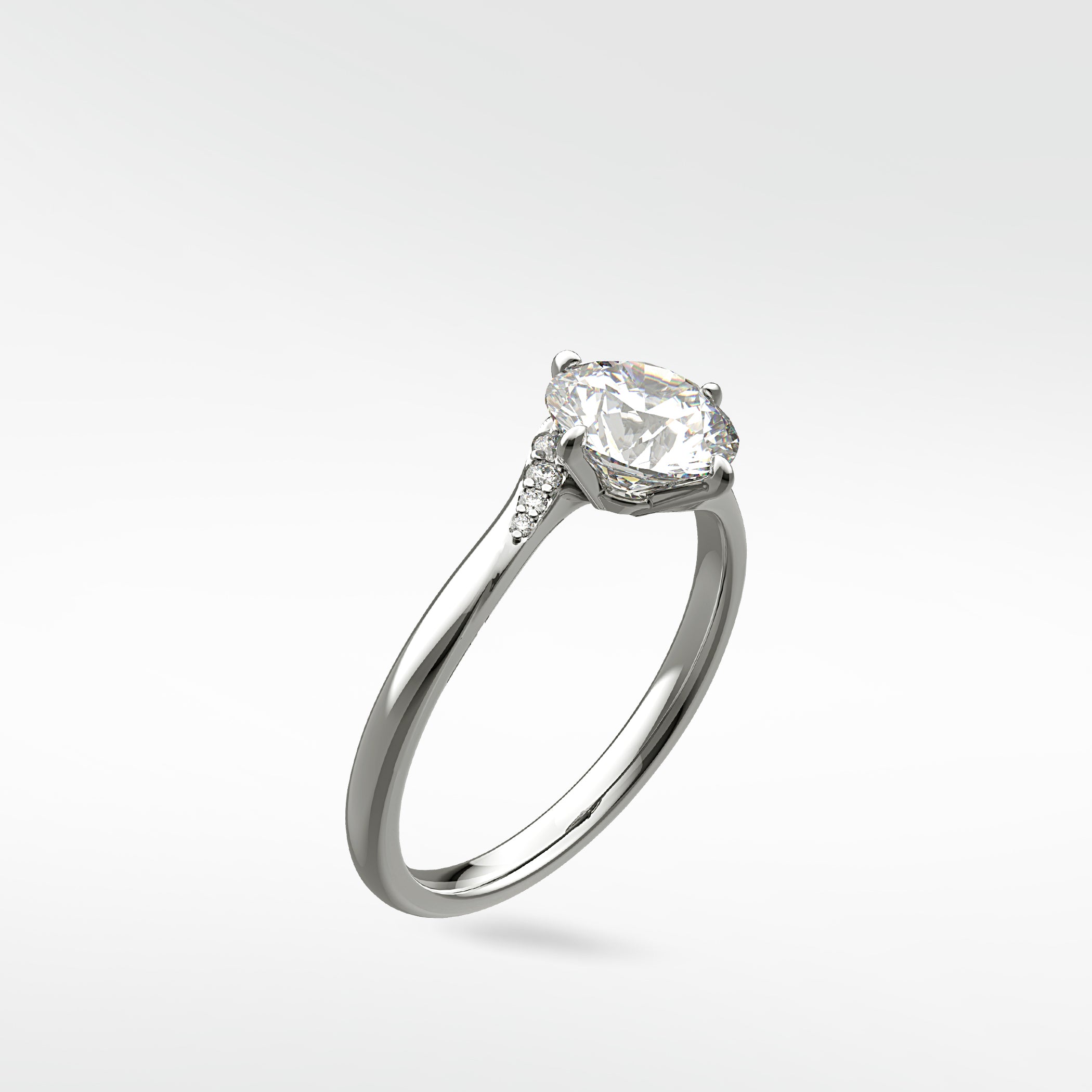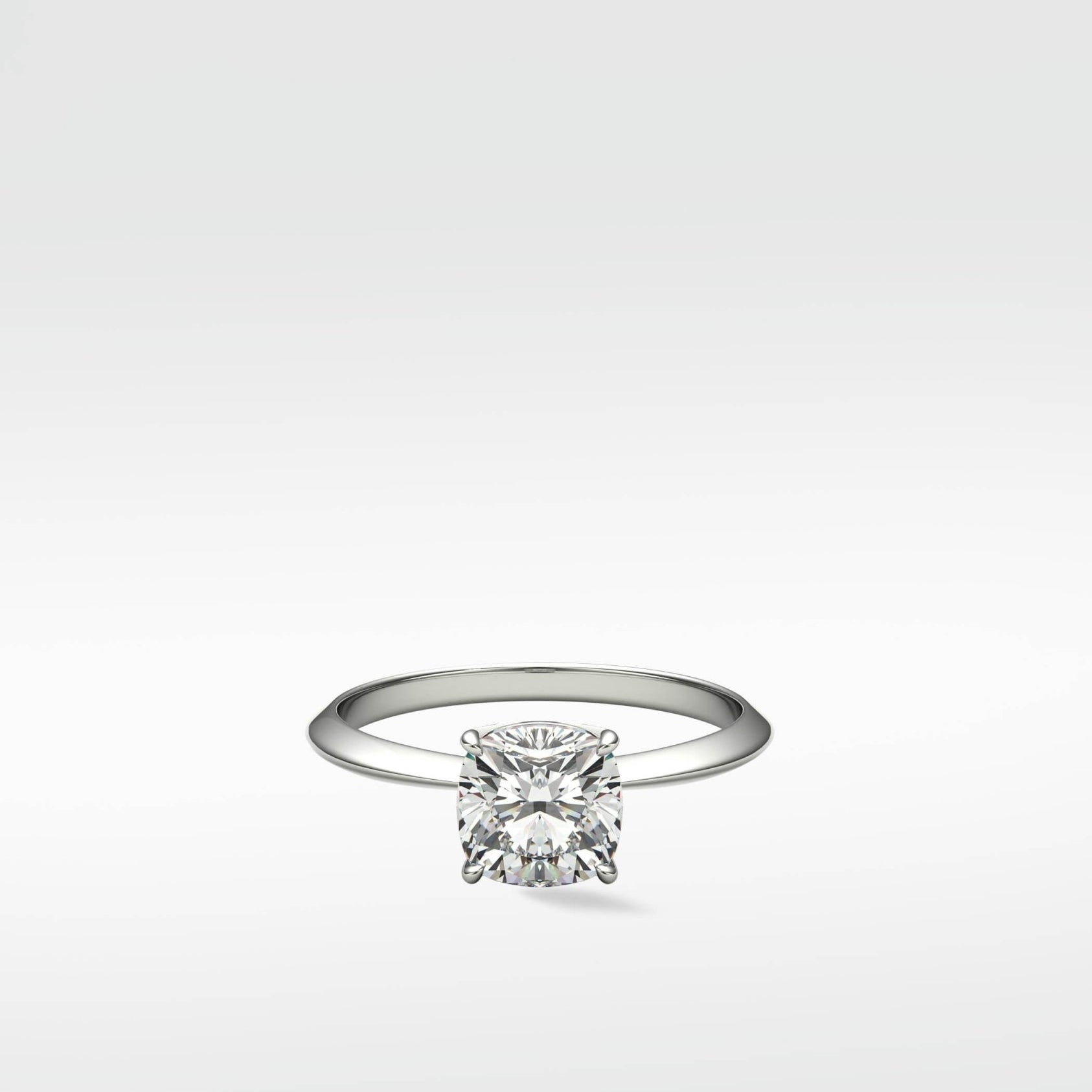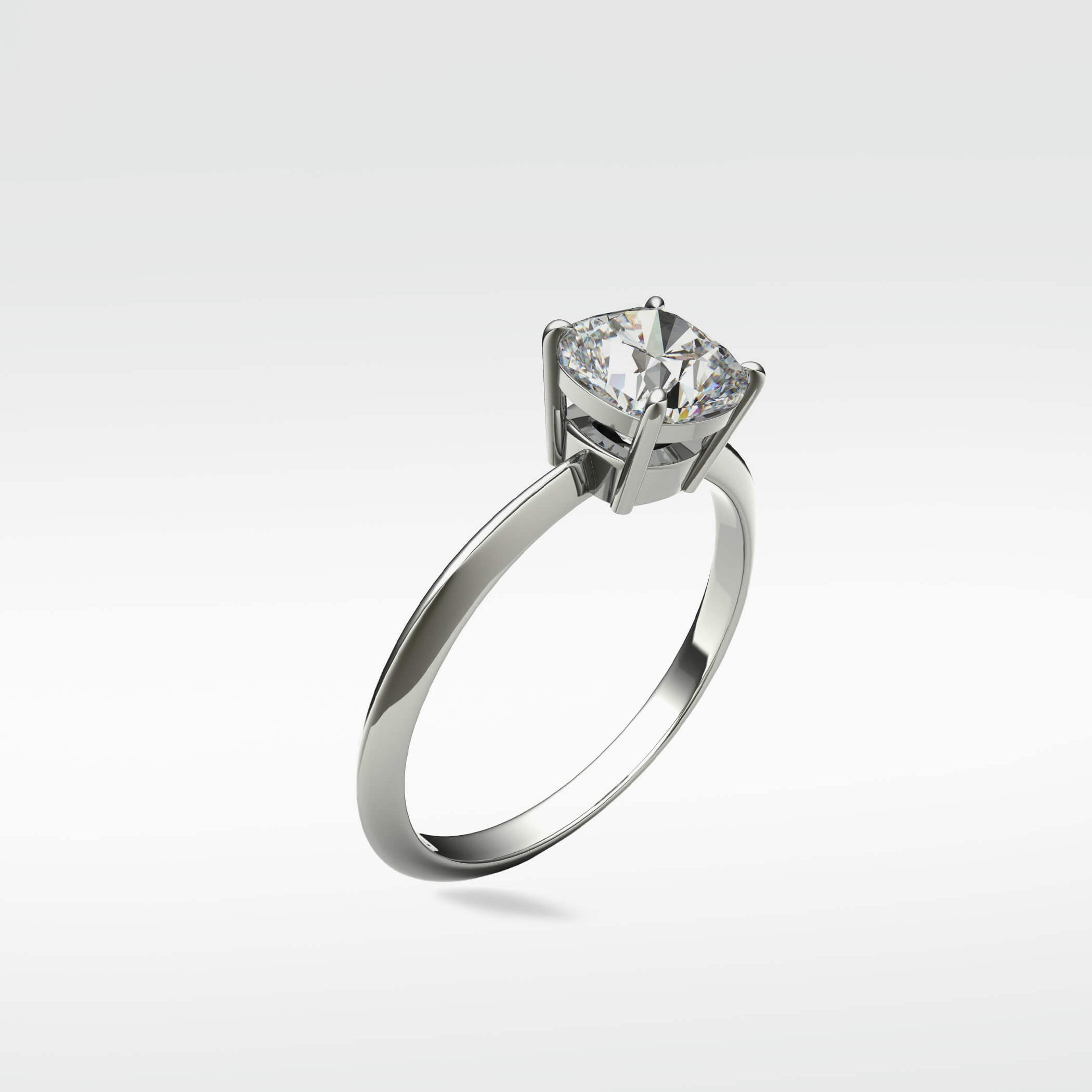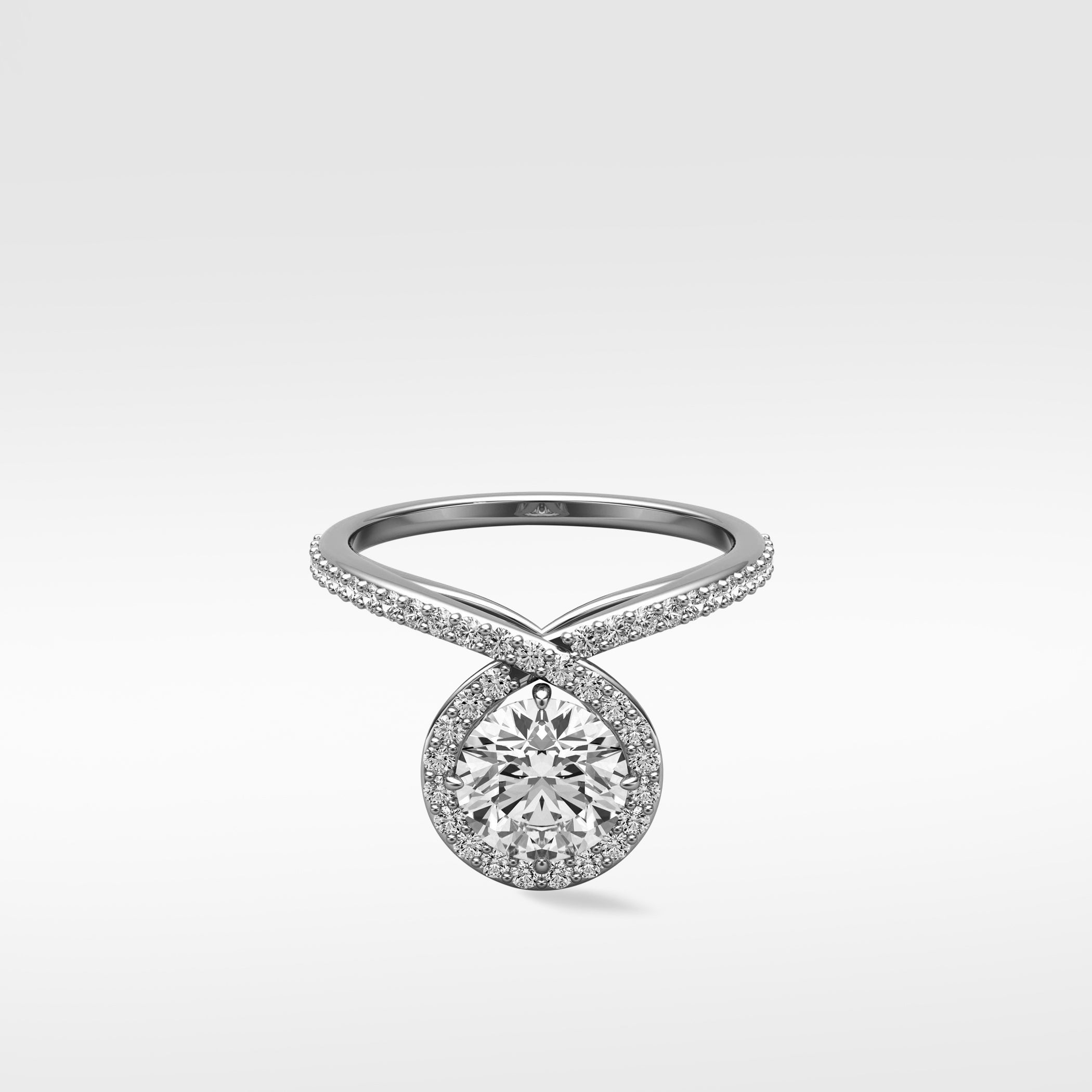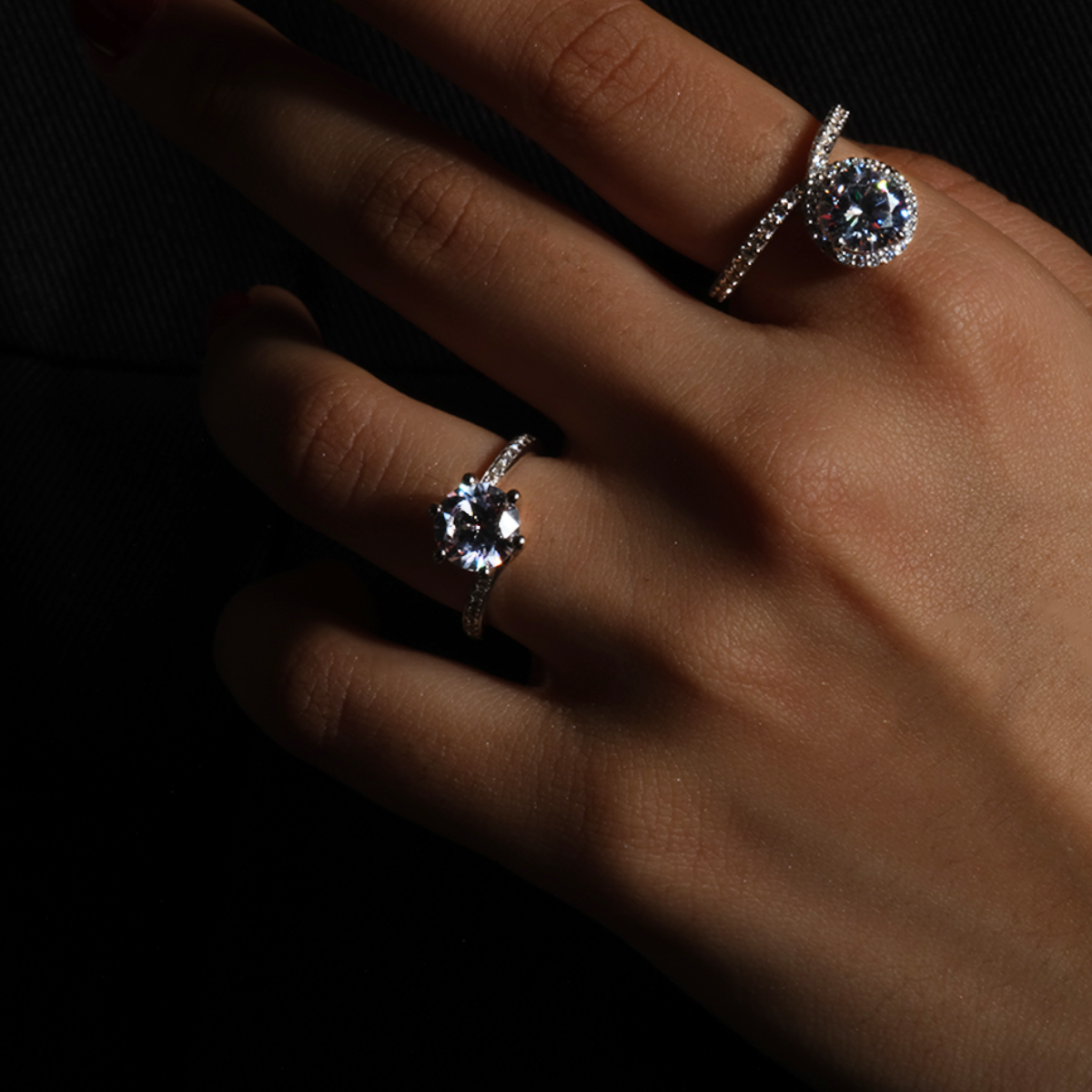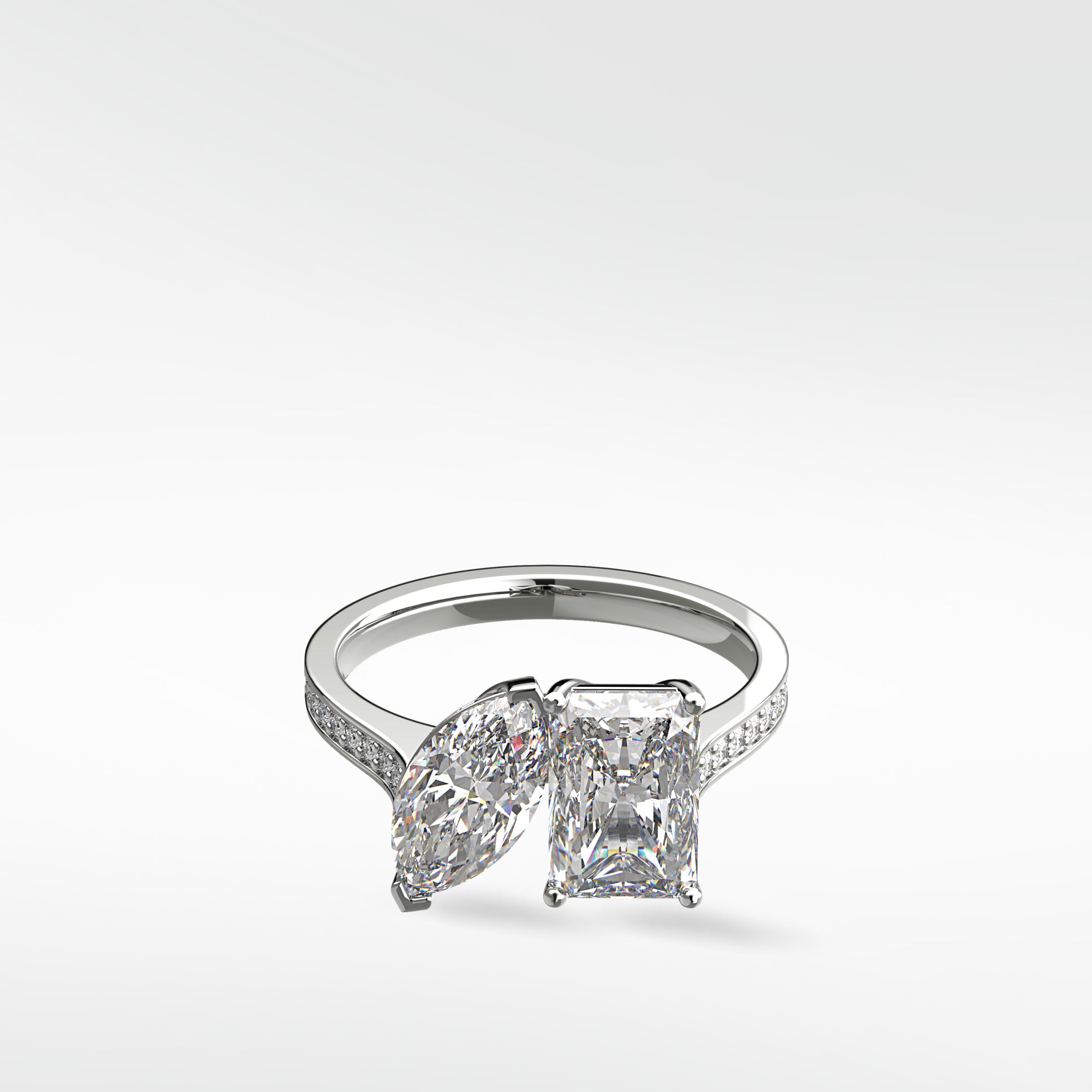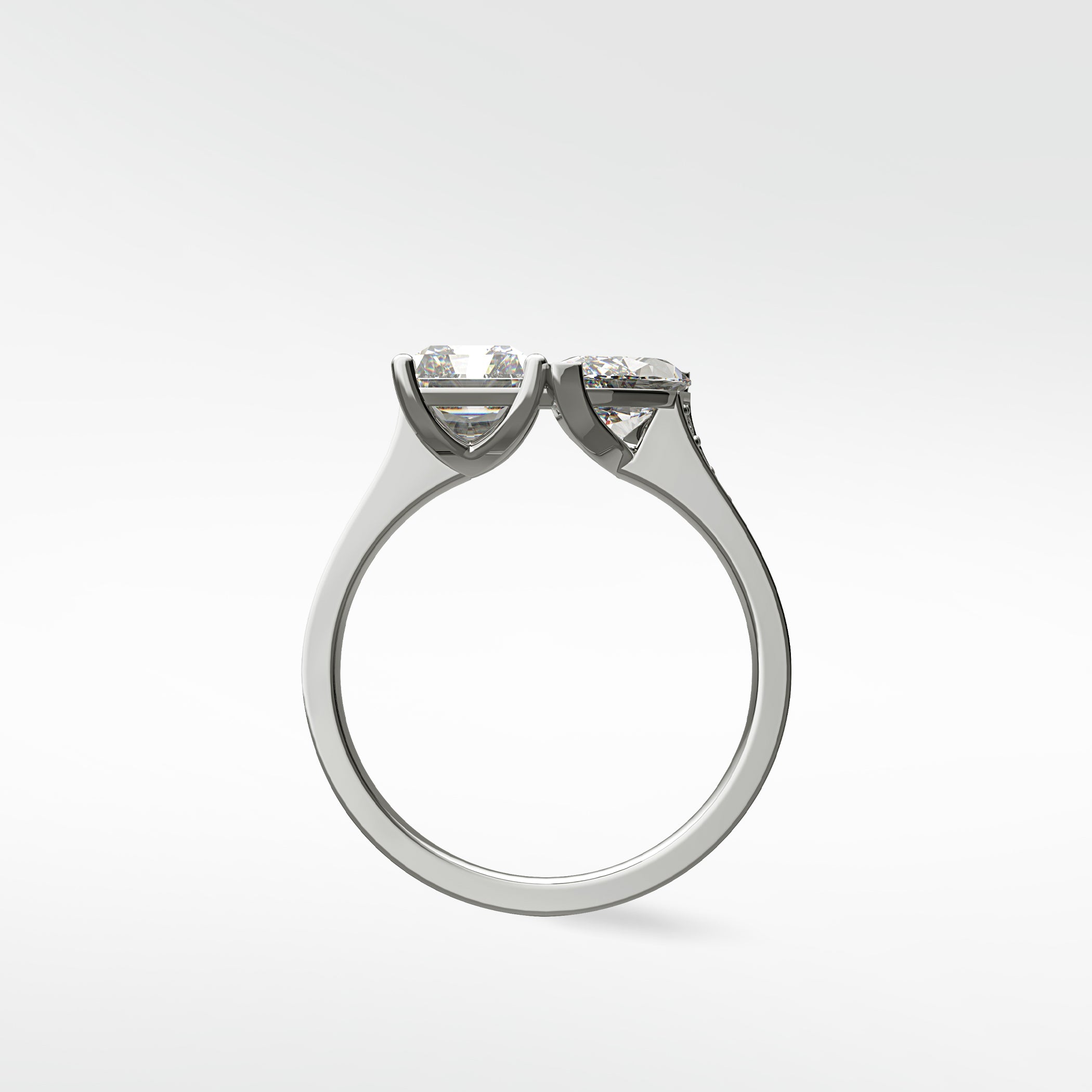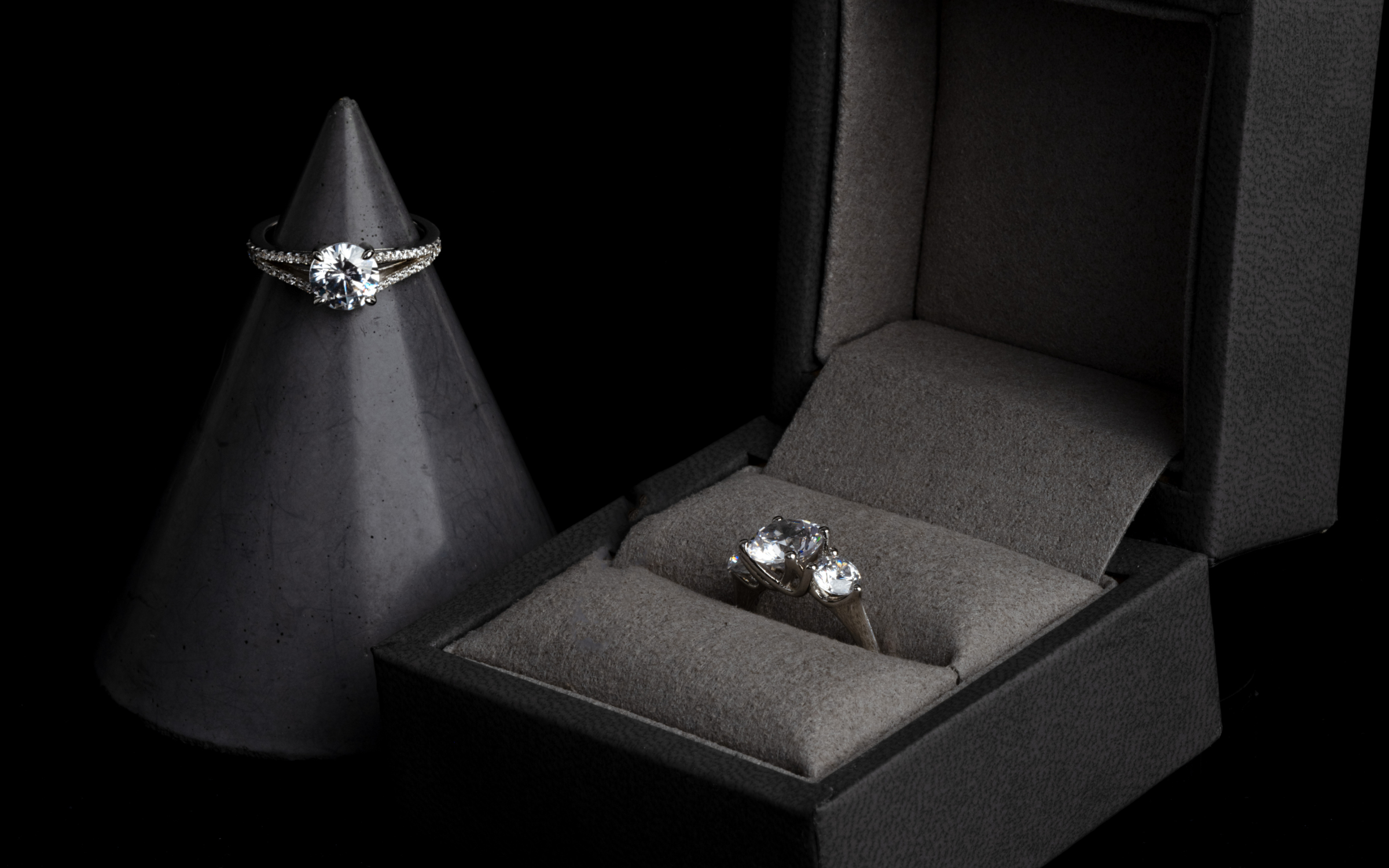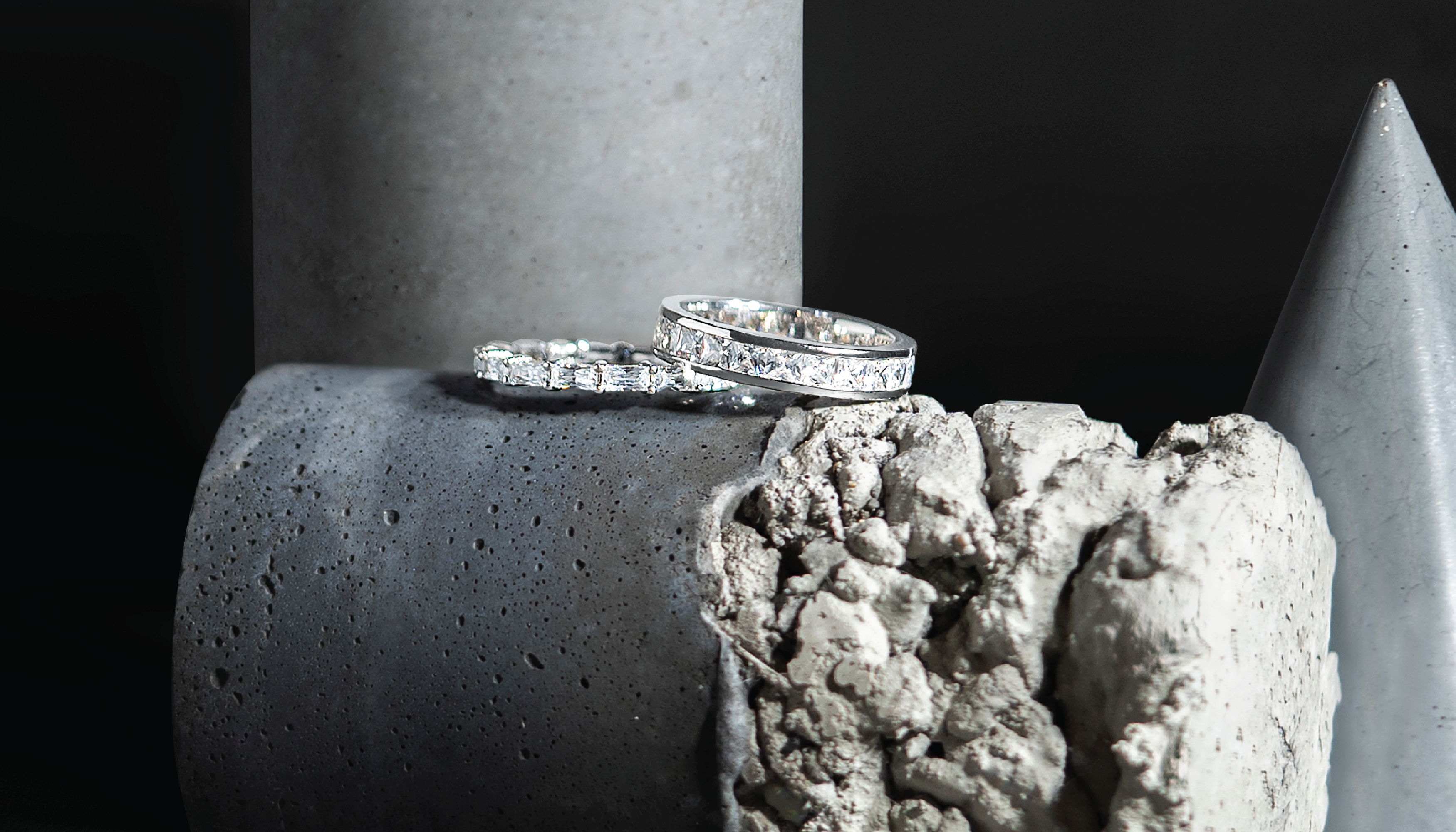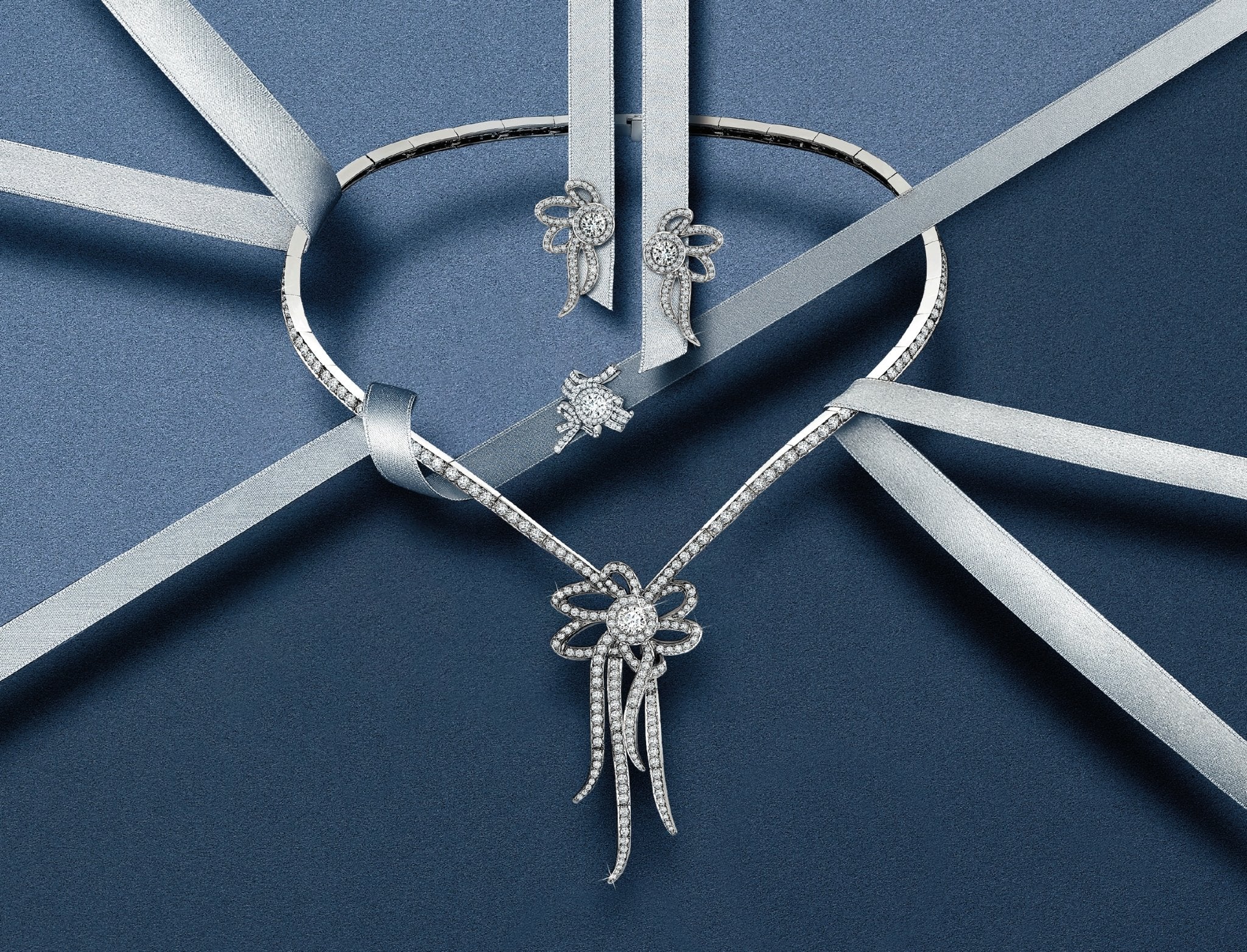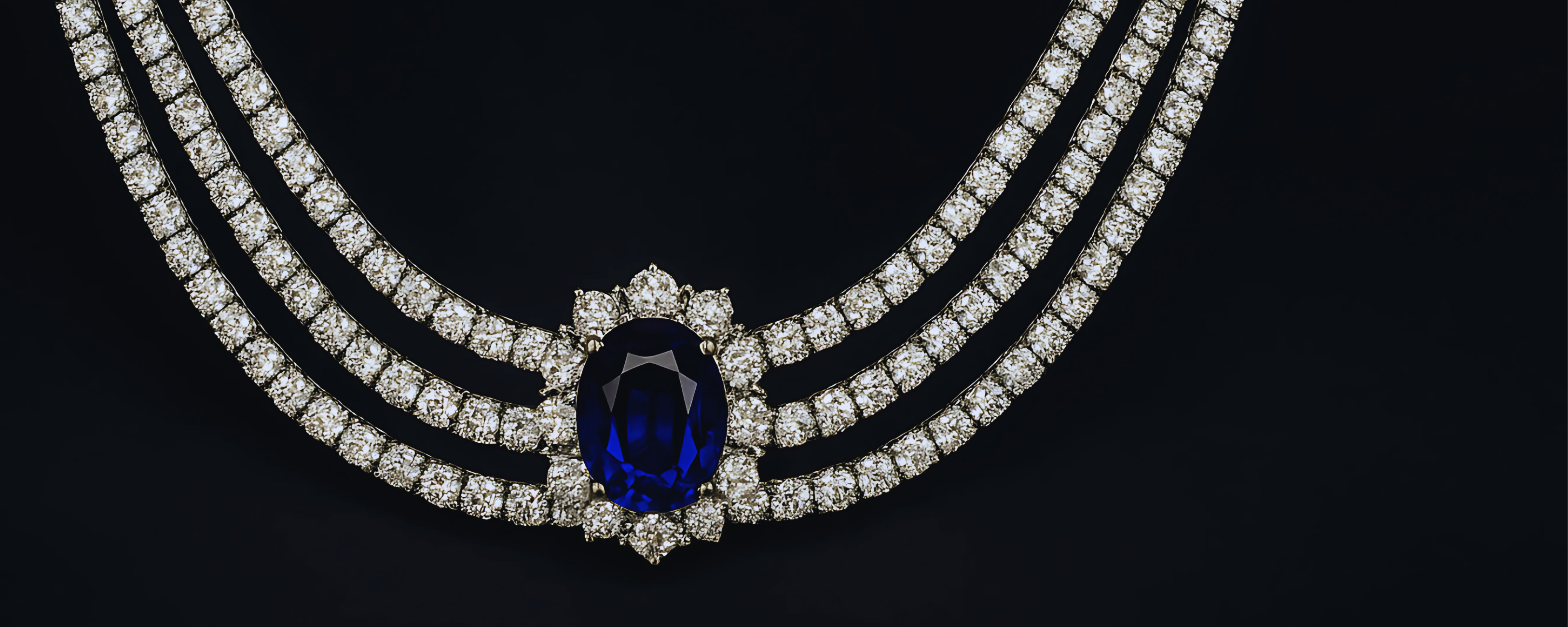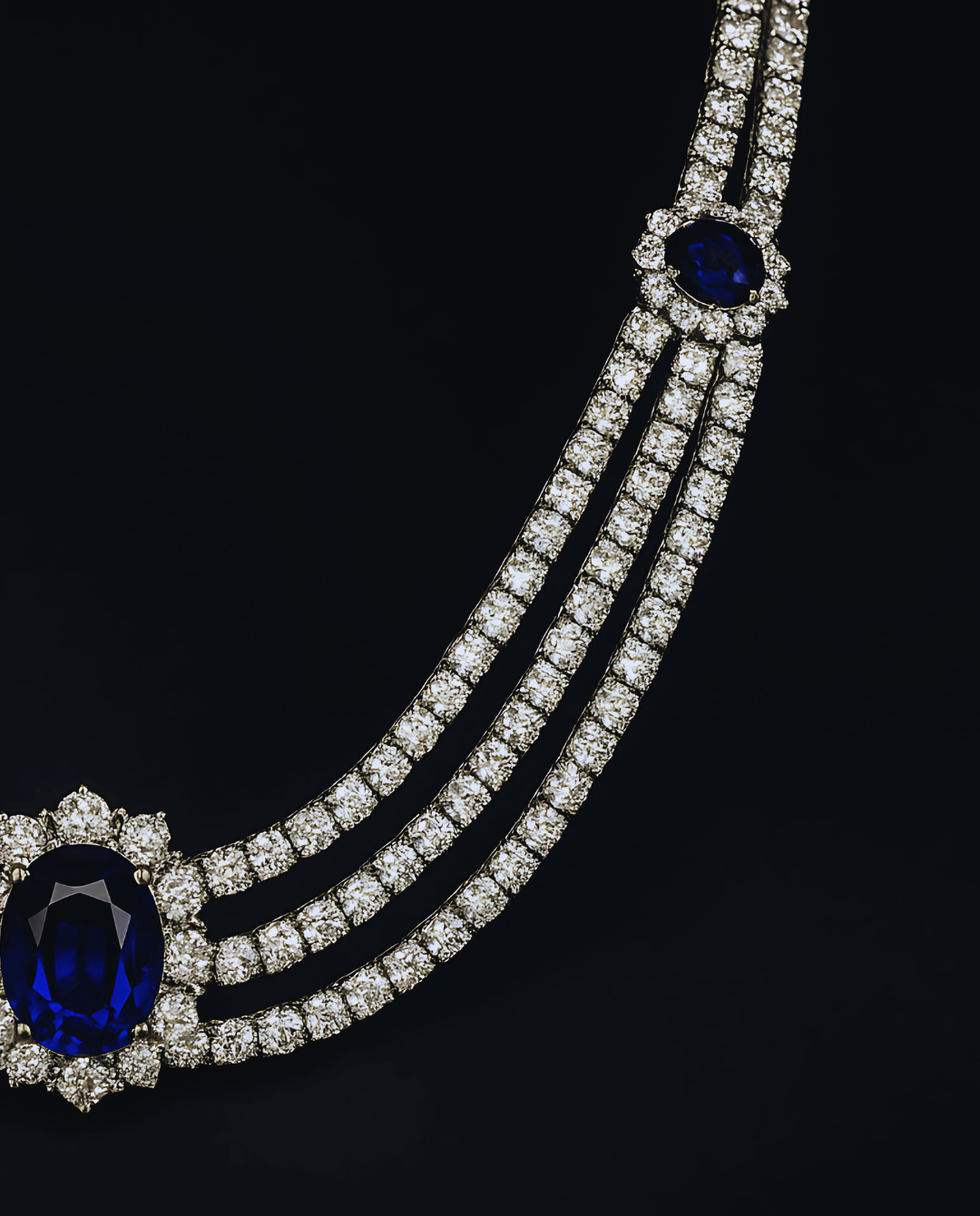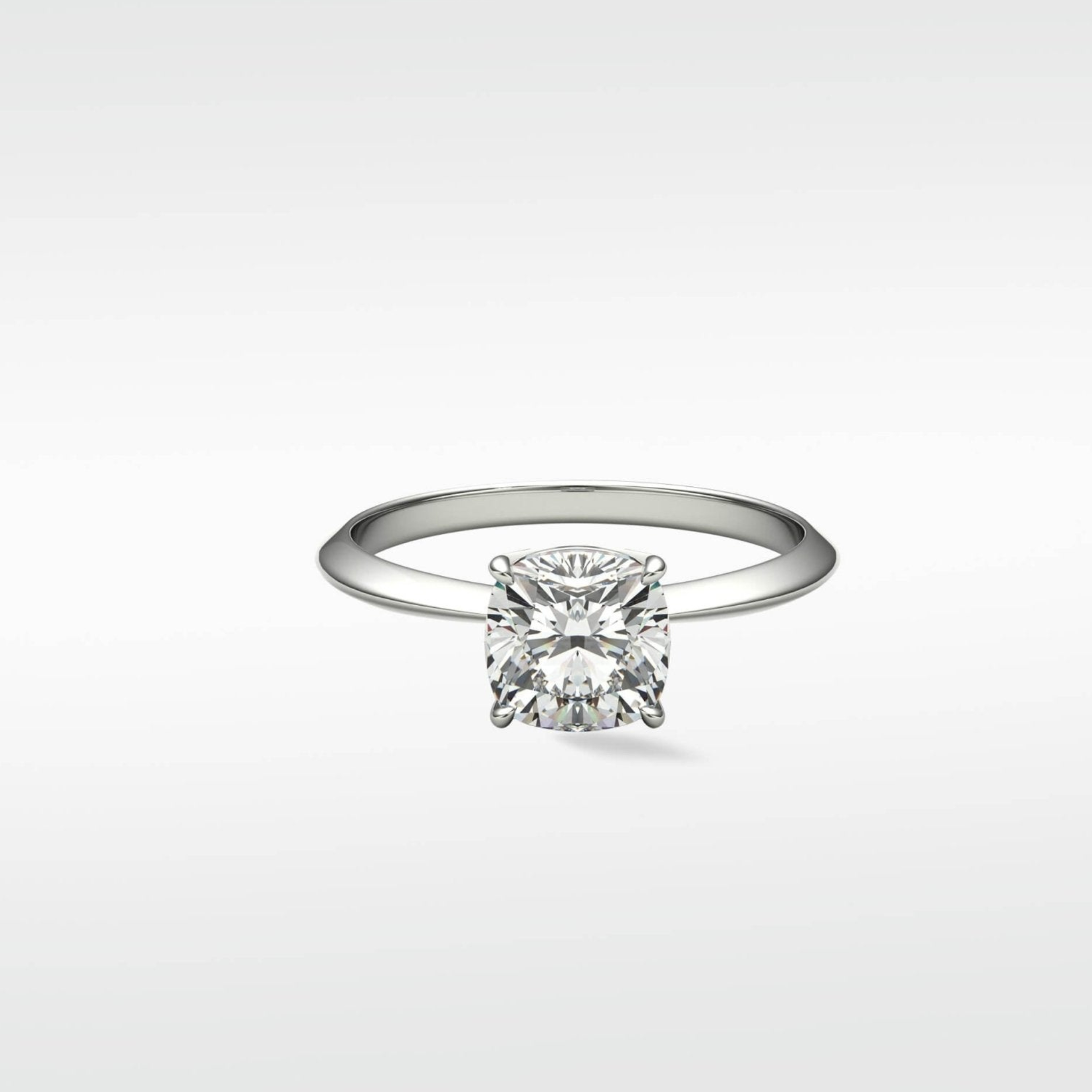
White Gold Engagement Rings
White gold engagement rings offer a refined and elegant choice for your special day. At Lark & Berry, our collection of white gold diamond rings features designs that blend classic charm with modern flair.
Made from premium white gold, our rings provide a brilliant, lustrous finish that enhances any style. Explore our range to find the perfect white gold engagement ring or white gold ring that reflects your unique love story, alongside our exquisite rose gold engagement rings.
START CREATING YOUR ENGAGEMENT RING
White Gold Ring FAQ
What is white gold, and how is it different from other types of gold?
White gold is an alloy created by mixing pure gold with other metals like palladium, nickel, or silver. This combination gives white gold its distinct silvery-white color and enhances its strength and durability. To add extra brilliance and protection, white gold rings are often coated with a layer of rhodium.
The cool, silvery-white hue of white gold contrasts with the warm, rich tone of yellow gold and the pinkish colour of rose gold, which comes from the addition of copper. White gold is more durable than pure gold because of its alloy components, making it a strong choice for daily wear.
White gold is popular for engagement rings and fine jewellery because of its sleek, modern look and versatility in complementing various gemstones. Its durability and hypoallergenic properties also make it a practical and stylish alternative to yellow gold and rose gold.
How is white gold made, and what metals are used in the alloy?
White gold is crafted by alloying pure gold with other metals. The process starts by melting pure gold, which is then mixed with metals to achieve the desired properties. The resulting white gold alloy is cast into molds or used in the creation of detailed jewellery designs. Often, the finished product is plated with rhodium to enhance its shine and provide extra protection.
Common metals used in white gold alloys include palladium, nickel, and silver. Palladium enhances the colour and improves the durability of white gold, while nickel strengthens the alloy and gives it a whiter appearance. Silver lightens the colour, achieving the sleek, elegant hue of white gold rings and other pieces.
The addition of these metals improves the hardness and durability of white gold, making it ideal for daily wear. Silver helps achieve the desired silvery-white colour, resulting in a refined and attractive finish for white gold diamond rings, contrasting with the warm tones of rose gold engagement rings.
How does the price of white gold compare to other precious metals?
White gold is generally more affordable than platinum but often priced higher than yellow gold and rose gold. The cost of white gold engagement rings is influenced by the purity of the gold and the additional metals, such as palladium or nickel, used in the alloy. Platinum, being denser and rarer, is typically the most expensive, while yellow gold and rose gold are usually more budget-friendly due to lower production costs and fewer alloy requirements.
White gold provides excellent value for money, offering a sleek, modern look at a reasonable price. It serves as a durable and stylish alternative to yellow gold and rose gold, often featuring a refined appearance. Despite being less costly than platinum, white gold maintains high durability and aesthetic appeal, making it a favored choice for white gold engagement rings and fine jewellery.
Current market trends indicate that white gold remains competitively priced. Fluctuations are influenced by the cost of gold and alloy metals. With growing demand for elegant and versatile options, white gold continues to be an attractive choice for consumers seeking both beauty and affordability in their jewellery.
Are white gold engagement rings suitable for daily wear?
White gold is highly durable and ideal for daily wear. The alloy used in white gold rings, including metals like palladium or nickel, enhances the strength and resilience of the ring. White gold diamond rings are also frequently plated with rhodium, which provides an additional layer of protection and helps maintain their bright, reflective finish over time.
To keep your white gold engagement ring looking its best, regular maintenance is essential. Rhodium plating can wear off over time, so periodic re-plating may be necessary to restore its original shine. Regular cleaning with a mild soap solution and a soft brush will help remove dirt and oils, ensuring the ring remains pristine.
White gold rings offer several practical benefits. They are resistant to tarnish, helping to maintain their bright appearance. Although white gold is not immune to scratches, it is more resistant than pure gold due to its alloyed nature. This makes white gold engagement rings a practical and stylish choice for everyday wear.
How do I care for and clean a white gold engagement ring?
To clean your white gold engagement ring use a mild soap solution mixed with warm water. Gently scrub the white gold ring with a soft toothbrush to remove dirt and oils. Rinse thoroughly with clean water and dry with a soft, lint-free cloth. Avoid abrasive cleaners or harsh chemicals, as they can damage the rhodium plating and affect the white gold’s finish. This method also works well for rose gold engagement rings and other fine jewellery.
Regular maintenance is crucial to keep your white gold engagement ring and other white gold rings in top condition. Clean your white gold engagement ring every few weeks to prevent grime buildup. Regularly inspect your ring for any loose stones or signs of wear. Avoid exposure to harsh chemicals, such as cleaning agents or chlorine, which can damage the ring’s finish.
For optimal care, have your white gold engagement ring professionally cleaned and inspected annually. Professional jewellers can perform deep cleaning, rhodium re-plating, and thorough checks to ensure your white gold diamond ring remains brilliant and looks its best. This level of care helps maintain the ring’s elegance and durability.
Will my white gold engagement ring need to be re-plated, and how often?
Rhodium plating is applied to white gold engagement rings to enhance their shine and provide a protective layer. This plating gives a white gold ring its bright, reflective finish and helps prevent tarnishing. The rhodium layer also improves durability by resisting scratches and everyday wear, ensuring your white gold diamond rings maintain their pristine appearance.
The frequency of re-plating depends on how often the ring is worn and how well it is cared for. Typically, white gold engagement rings may need re-plating every 1 to 2 years. If the white gold ring is worn daily or exposed to harsh conditions, more frequent re-plating might be necessary to maintain its original brilliance.
Signs that your white gold engagement ring might need re-plating include noticeable fading, a yellowish tint, or diminished shine. If the white gold engagement ring starts to look dull or loses its bright, silvery-white finish, it's time to consider professional re-plating to restore its lustre and protect the white gold beneath.
How do I know if a white gold engagement ring is of high quality?
High-quality white gold engagement rings are distinguished by their craftsmanship, alloy composition, and hallmarking. Look for smooth, even finishes, precise settings, and durable construction. The alloy composition is crucial; a good white gold ring typically contains a balanced mix of gold and metals like palladium or nickel, enhancing strength and achieving the desired colour. A hallmark, usually stamped inside the band, indicates the ring's gold purity, commonly 14K or 18K.
Ensure that your white gold engagement ring comes with relevant certifications, such as a metal assay certificate or a diamond certification if it features stones. These certifications provide assurance of the ring’s quality, metal content, and gemstone authenticity, reflecting industry standards.
When purchasing a white gold diamond ring, inspect the craftsmanship for flaws or imperfections. Verify the hallmark for gold purity, and inquire about the alloy composition. Also, make sure the ring comes with certifications from reputable organisations like the GIA for diamonds. These steps help confirm the ring’s quality and value.
Cart
No more products available for purchase
May Member-Only Specials
- 20 % Off Icons Collection
Limited to current stock – shop icons while they last. - Complimentary 1 ct TW Diamond Studs
Free with any tennis bracelet or necklace purchase. - 1-Carat Diamond Giveaway
First 10 members receive the diamond – setting purchased separately.
Log in or create a complimentary account to unlock these offers.

